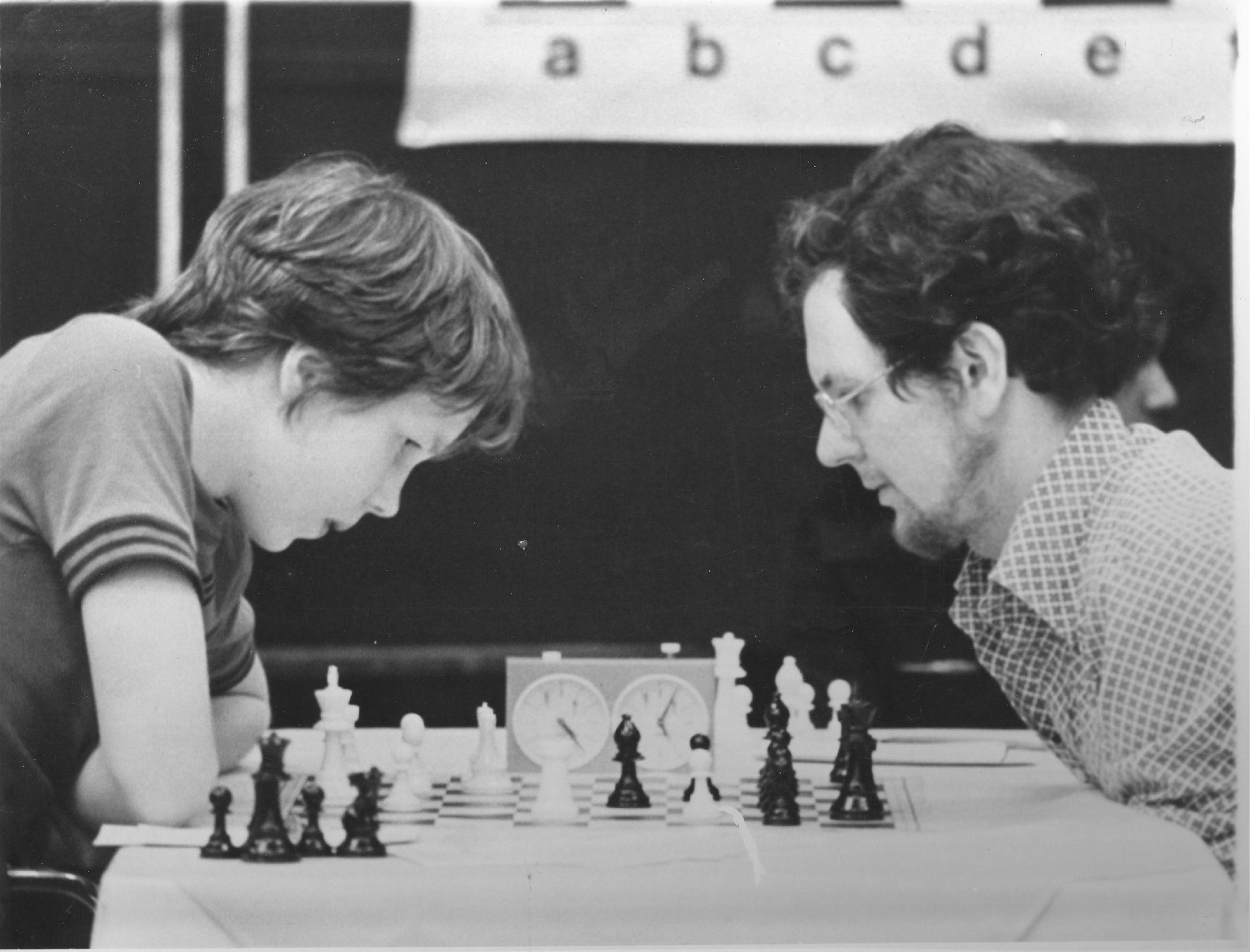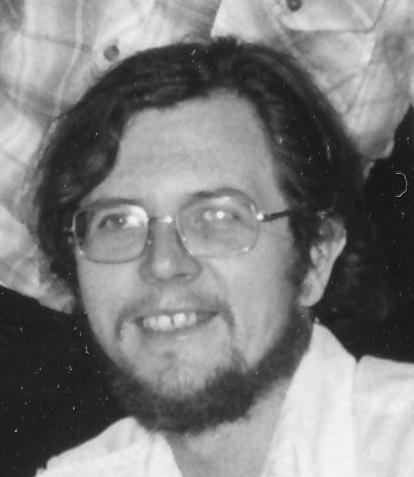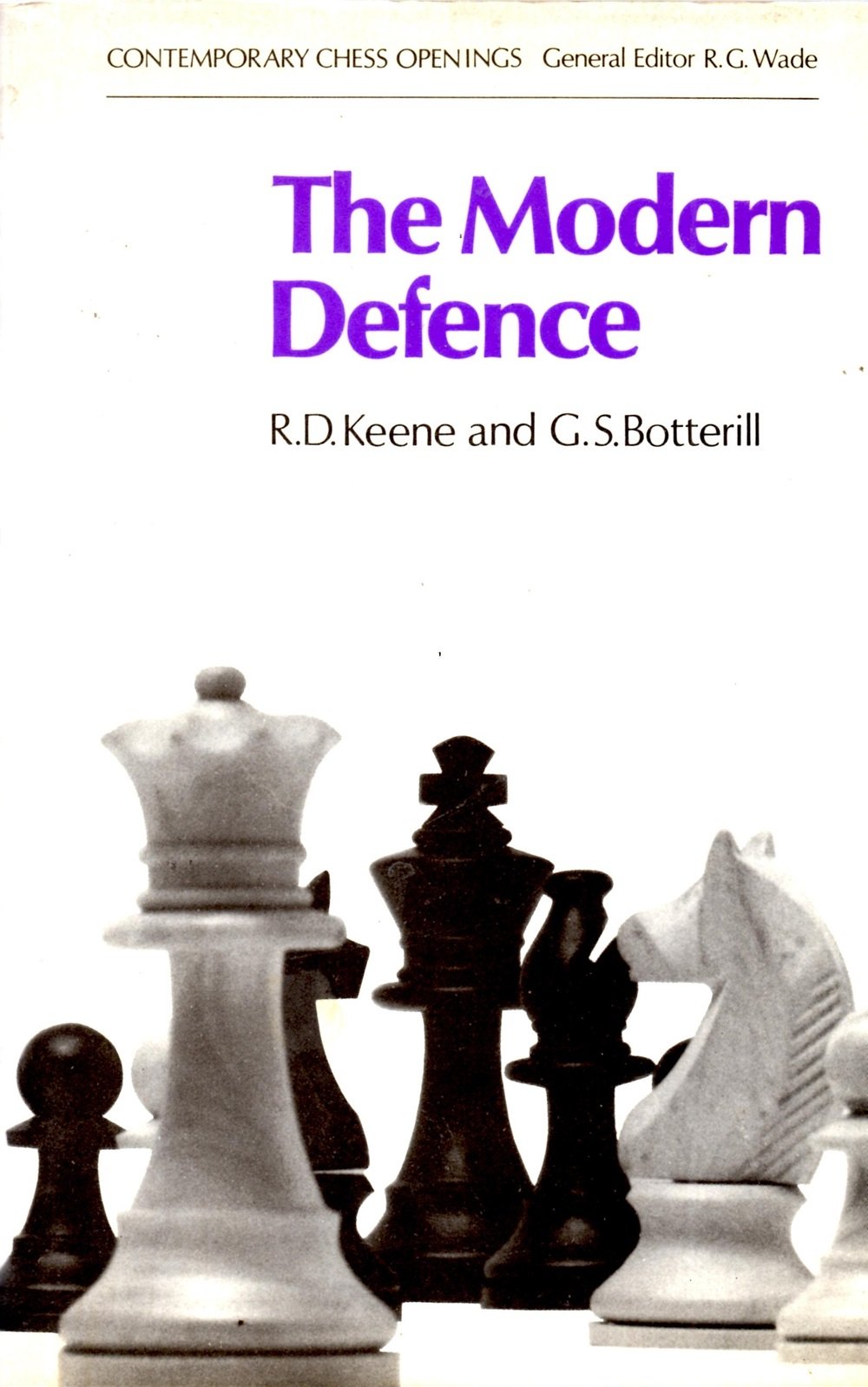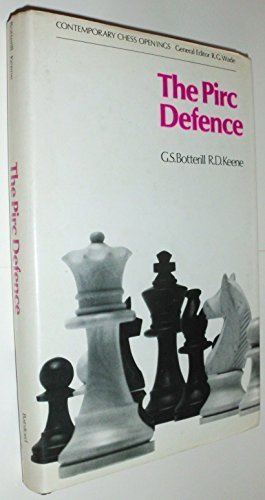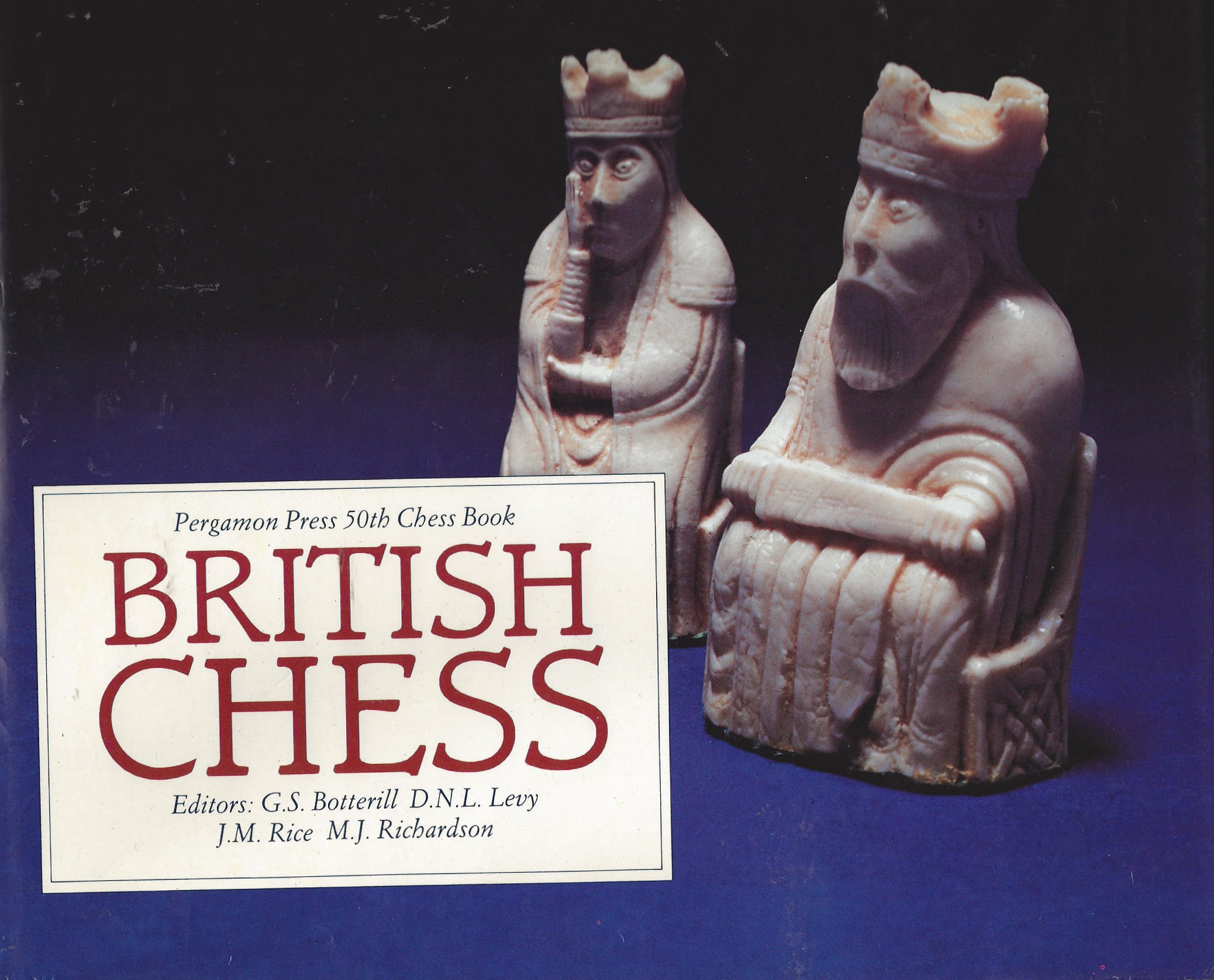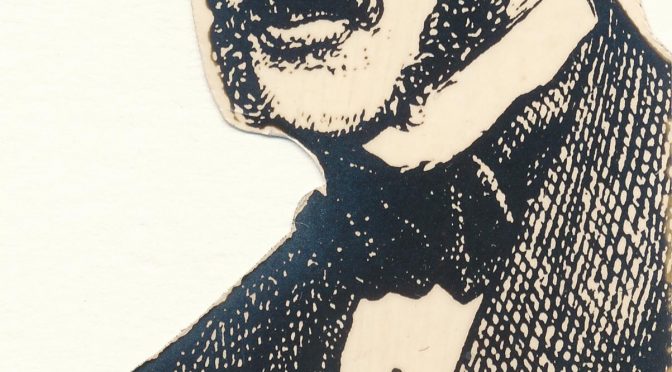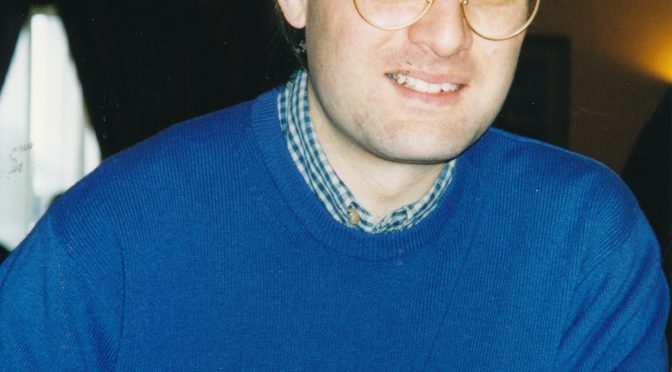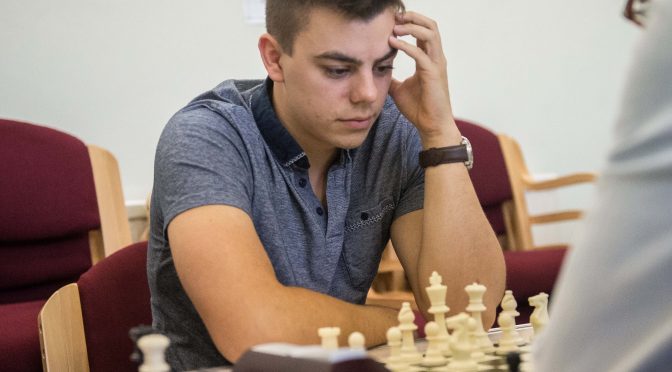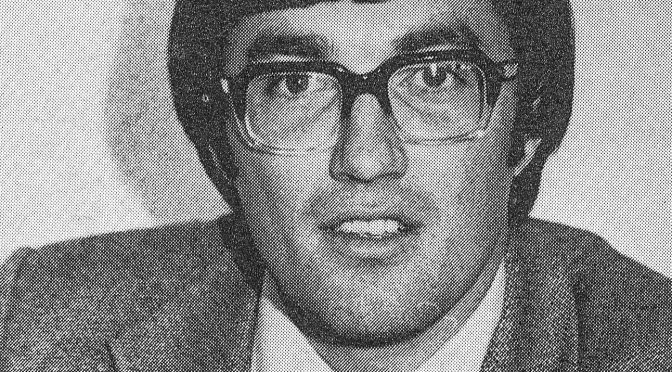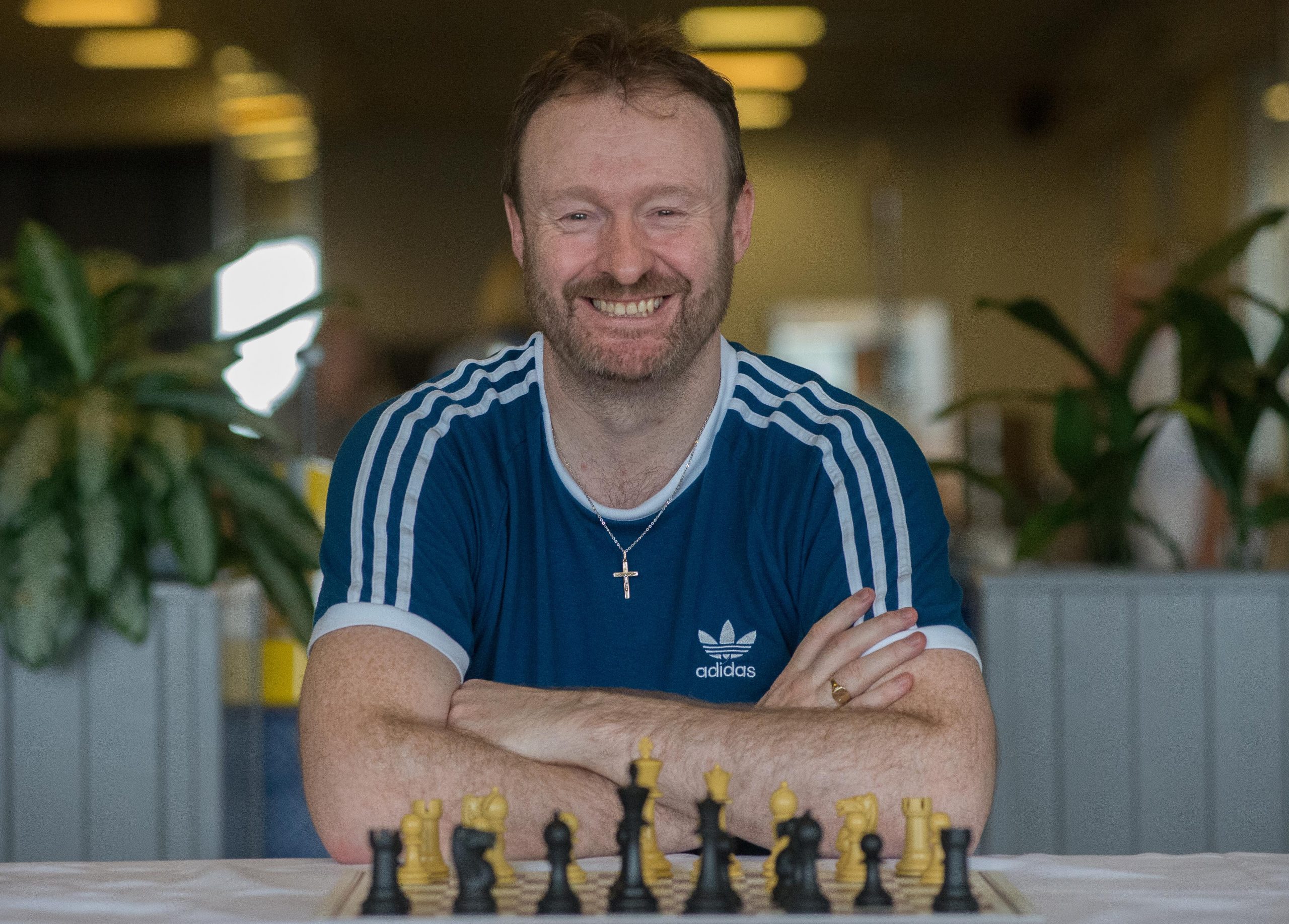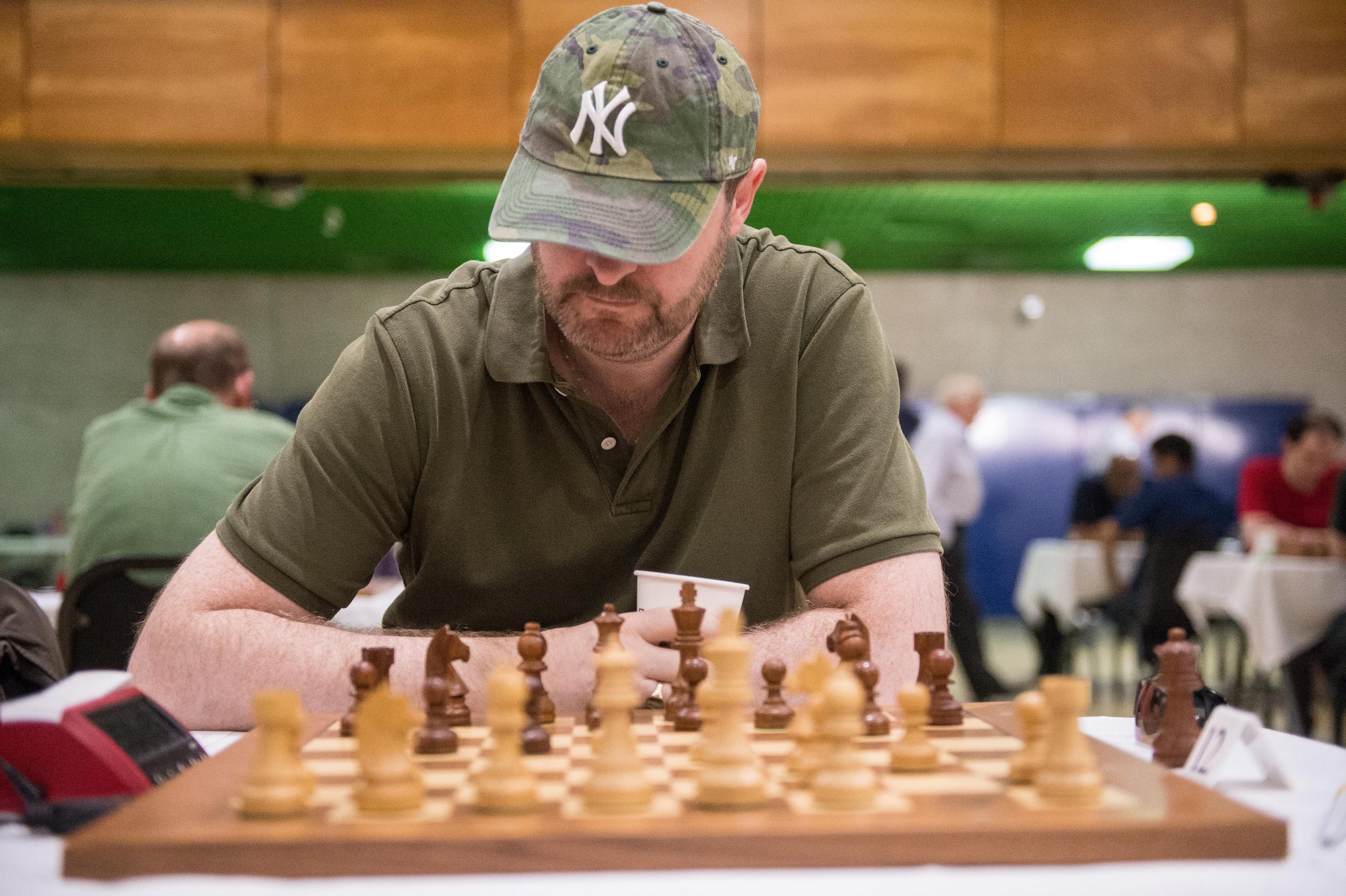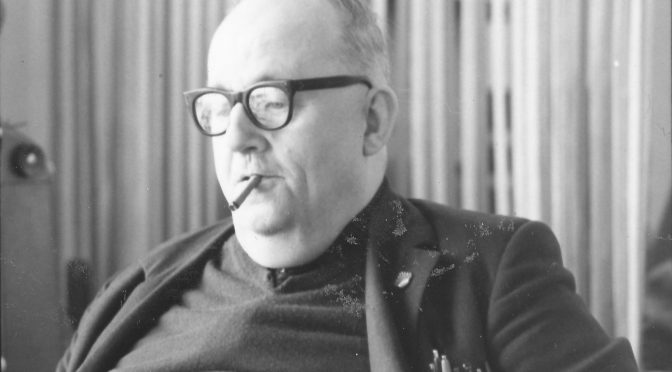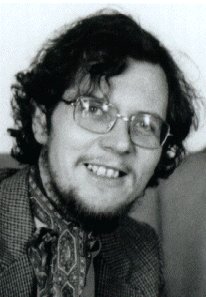Death Anniversary Johann Löwenthal (15-vii-1810 24-vii-1876)
Tag Archives: Player
Death Anniversary of Johann Löwenthal (15-vii-1810 24-vii-1876)
Death Anniversary of Johann Löwenthal (15-vii-1810 24-vii-1876)
Happy Birthday IM David Cummings (24-i-1961)
Birthday of IM David H Cummings (24-i-1961)
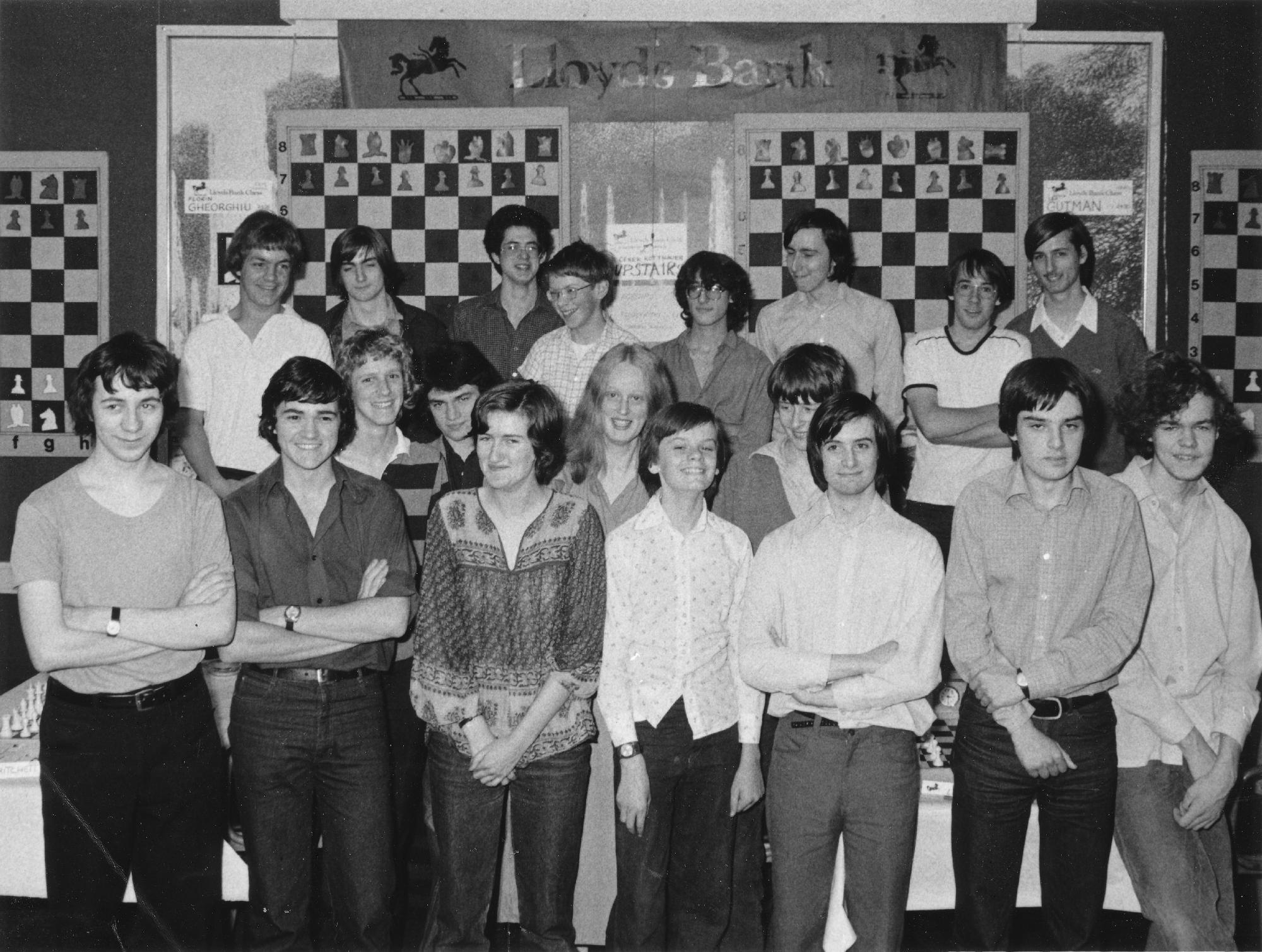
This was written about David who was 18 just prior to the 1979 Spassky vs the BCF Junior squad simultaneous display :
“Varndean and Brighton. Rating 207. British men’s championship finalist, 1977. First Danish junior international championship, 1978.”
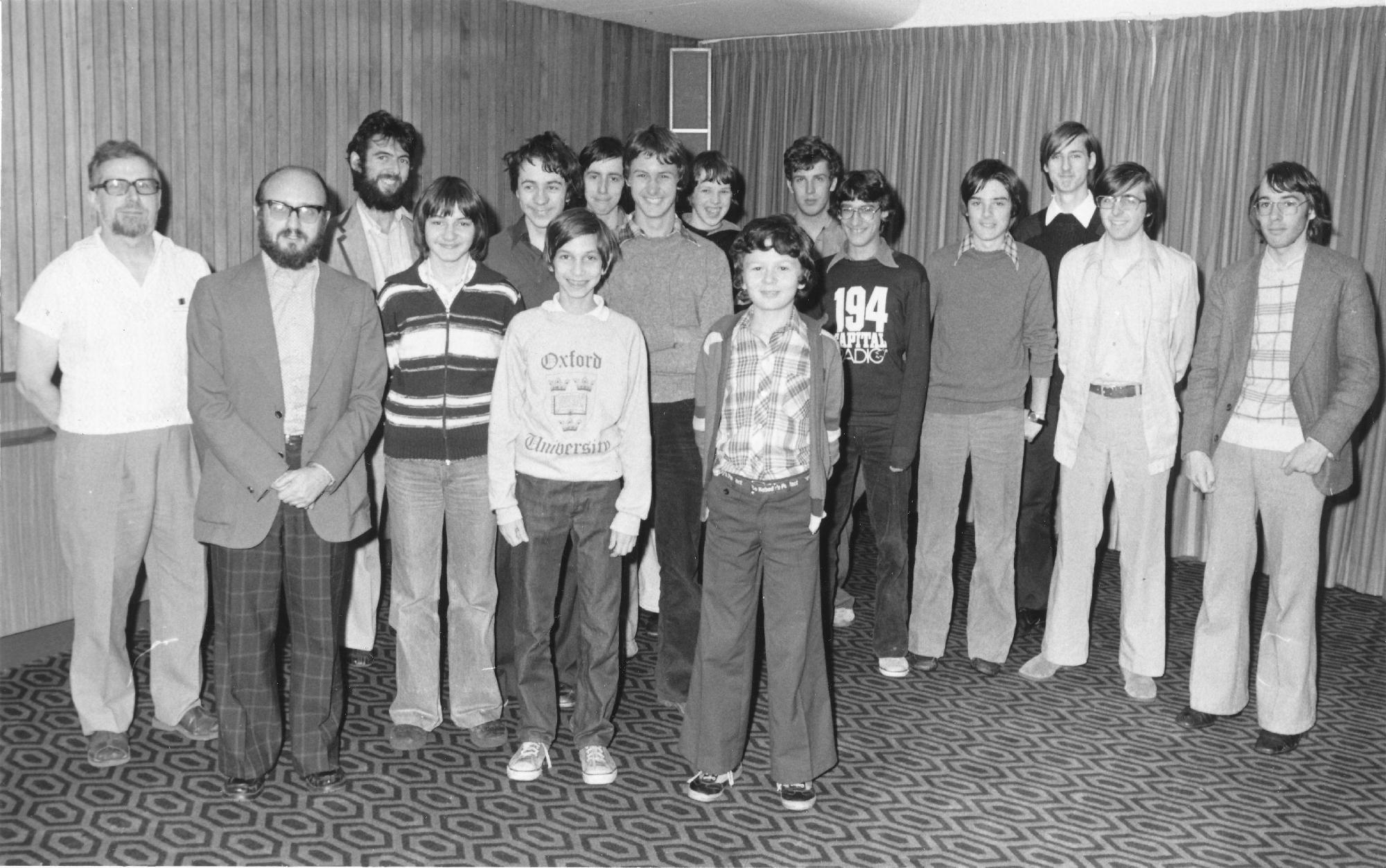
David was joint (with PG Large) Southern Counties (SCCU) champion in the 1979-80 season.
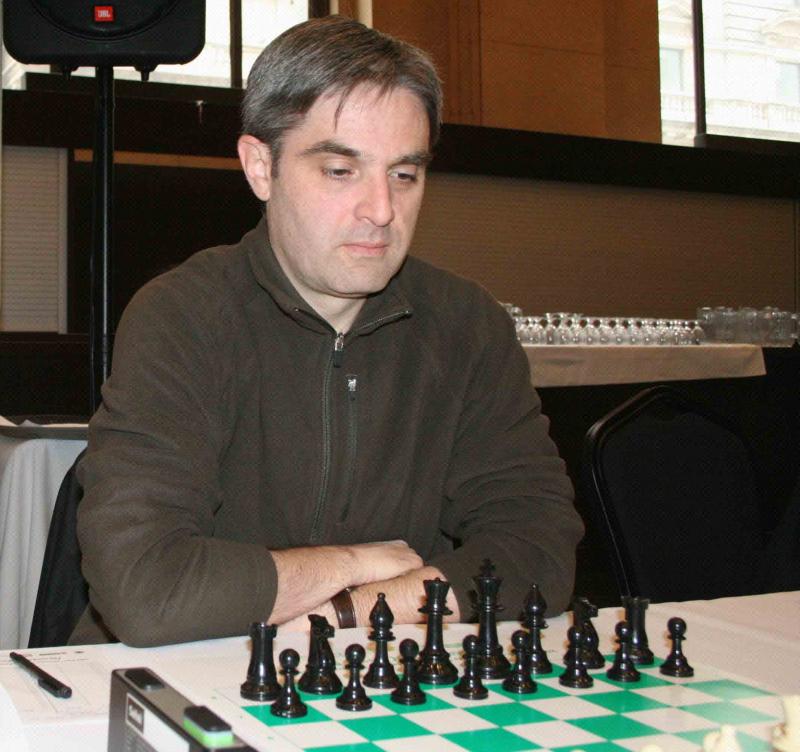
David is currently a Canadian resident and registered with FIDE as CAN.
Best Wishes IM Adam Taylor (23-i-1998)
We send best wishes to IM Adam Taylor on his birthday.
Adam C? Taylor was born on Friday, January 23rd, 1998 in Colchester, Essex. Adam has a sister, Nathalie Leanne Taylor who also plays and studied History & Economics at The University of York. His mother Deborah was always supportive during his chess career.
He attended The Gilberd School, Colchester until 2014 and then Colchester Sixth Form College and currently resides in Colchester, Essex.

Adam’s first recorded rapidplay event was the Basildon Junior Congress resulting in a published grade of 34D and his first graded standard play event was the 2009 London Junior Under-12 Championships and his first published standard-play grading was 73E.
In that same year at Torquay Adam won the British Under-12 title sharing with Radha Jain.
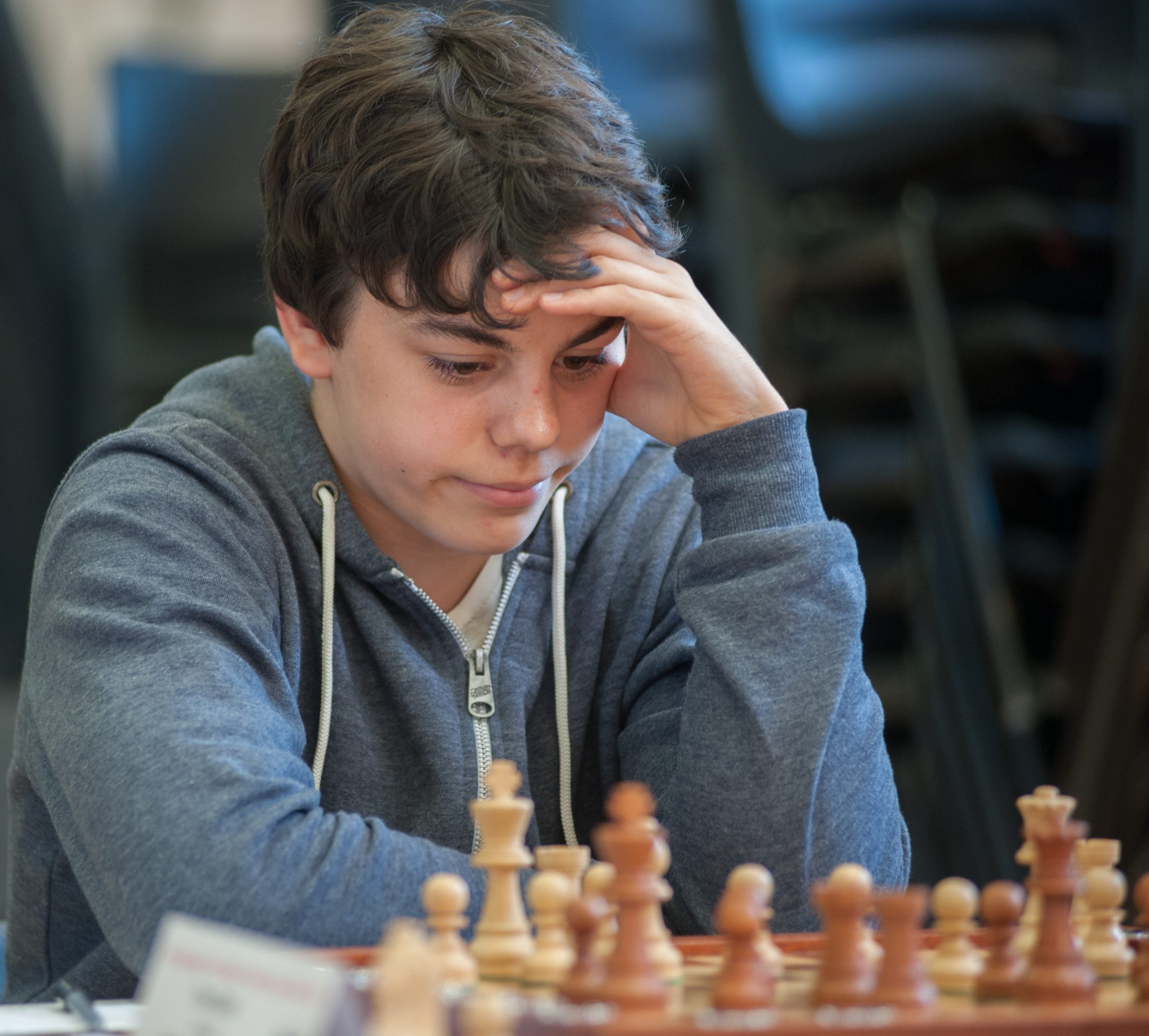
Adam made his first 4NCL appearance in May 2012 for SC Stars followed by Anglian Avengers. In 2018 the lure of the big lights of Division One beckoned and Wood Green became Adam’s team now playing for Wood Green Monarchs in the Online 4NCL championship.
In 2017 Adam scored an impressive 6/9 (and =2nd) when he travelled to Greece to play in the Heraklion 1st Capablanca Memorial.
The Hastings Open in 2018 saw an excellent =7th with 6.5/10.
Adam’s IM title was ratified in June of 2019 in Baku and currently (January 2021) holds a FIDE standard play rating of 2347 and an ECF standard play rating of 2260A. His highest ECF standard play grading was 230A in July 2019. We expect this to be exceeded once OTB play resumes.
Battersea Chess Club celebrated Adams’s title in style with this article written by Leon Watson
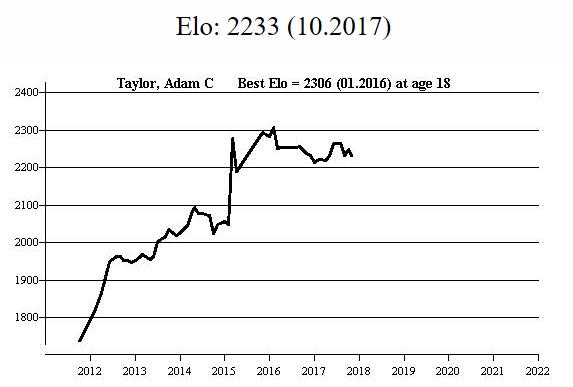
Adam has played for Bury St. Edmunds and Manningtree and now Battersea in the London League and Wood Green in the Four Nations Chess League (4NCL) and has made many appearances in the UKCC Terafinal.
Adam is known as ? on chess.com and as AdamTaylor2301 on LiChess.com and regularly streams on Twitch and other platforms.
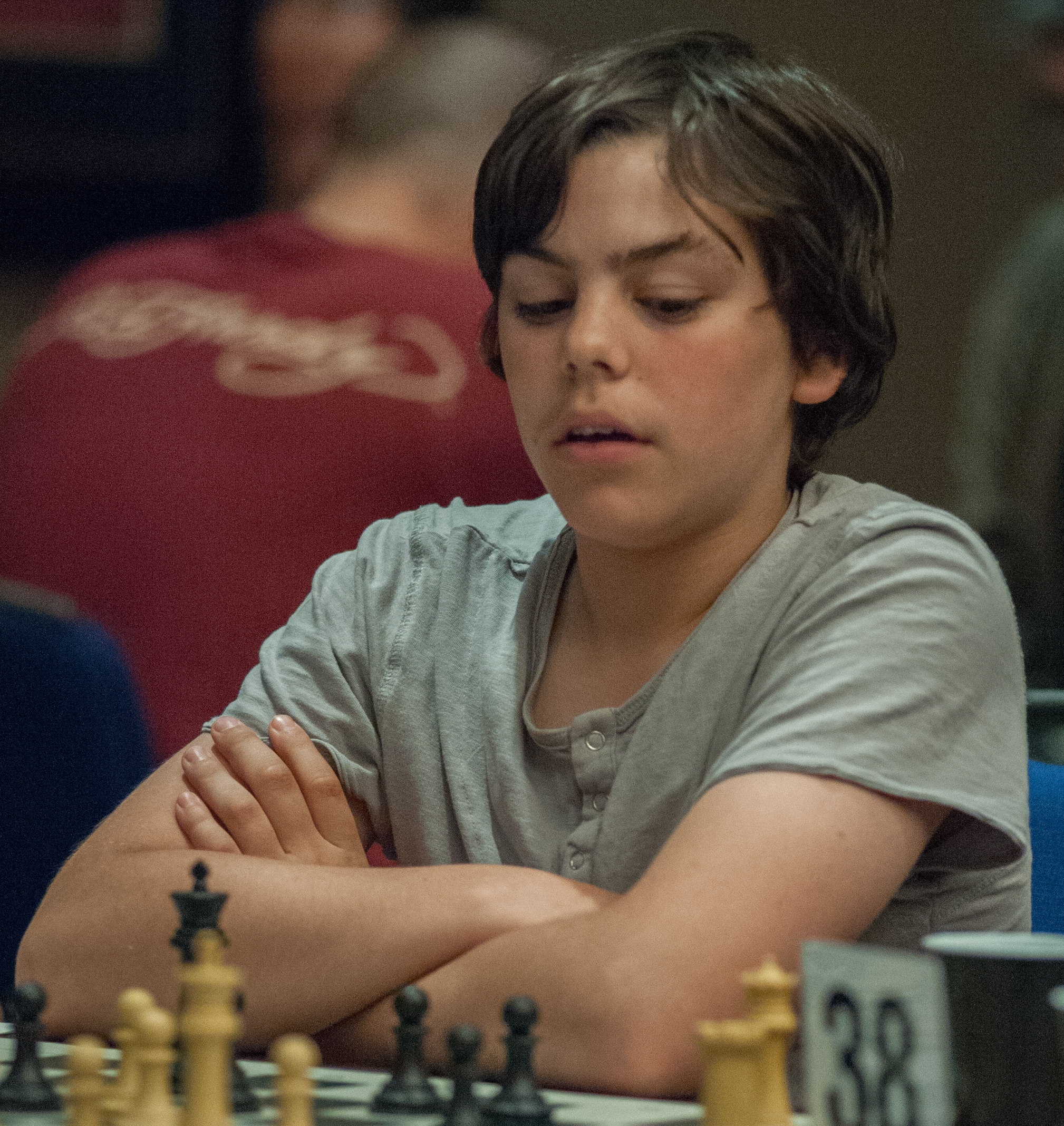
On the 13th of September 2019 Adam became the sole director of MakingGrandmasters Limited which lists on its web site a number of leading young English players engaging in coaching such as Matthew Wadsworth, Ravi Haria and Daniel Fernandez to name but a few.
One of Adam’s more notable students is Guildford Chess Club member Jessica Mellor who, in 2018, won Gold in the Under-11 category of the European Schools Championship.
More recently Adam has taken a back seat from chess and has become a golf professional.
With the white pieces Adam favours a Reti/English set-up where c4 quickly follows a king side fianchetto. Here is a typical game of Adam’s with the white against a strong opponent :
With the black pieces Adam essays the Berlin Defence and the Sicilian Najdorf as well as the Benko Gambit and Nimzo-Indian Defence.
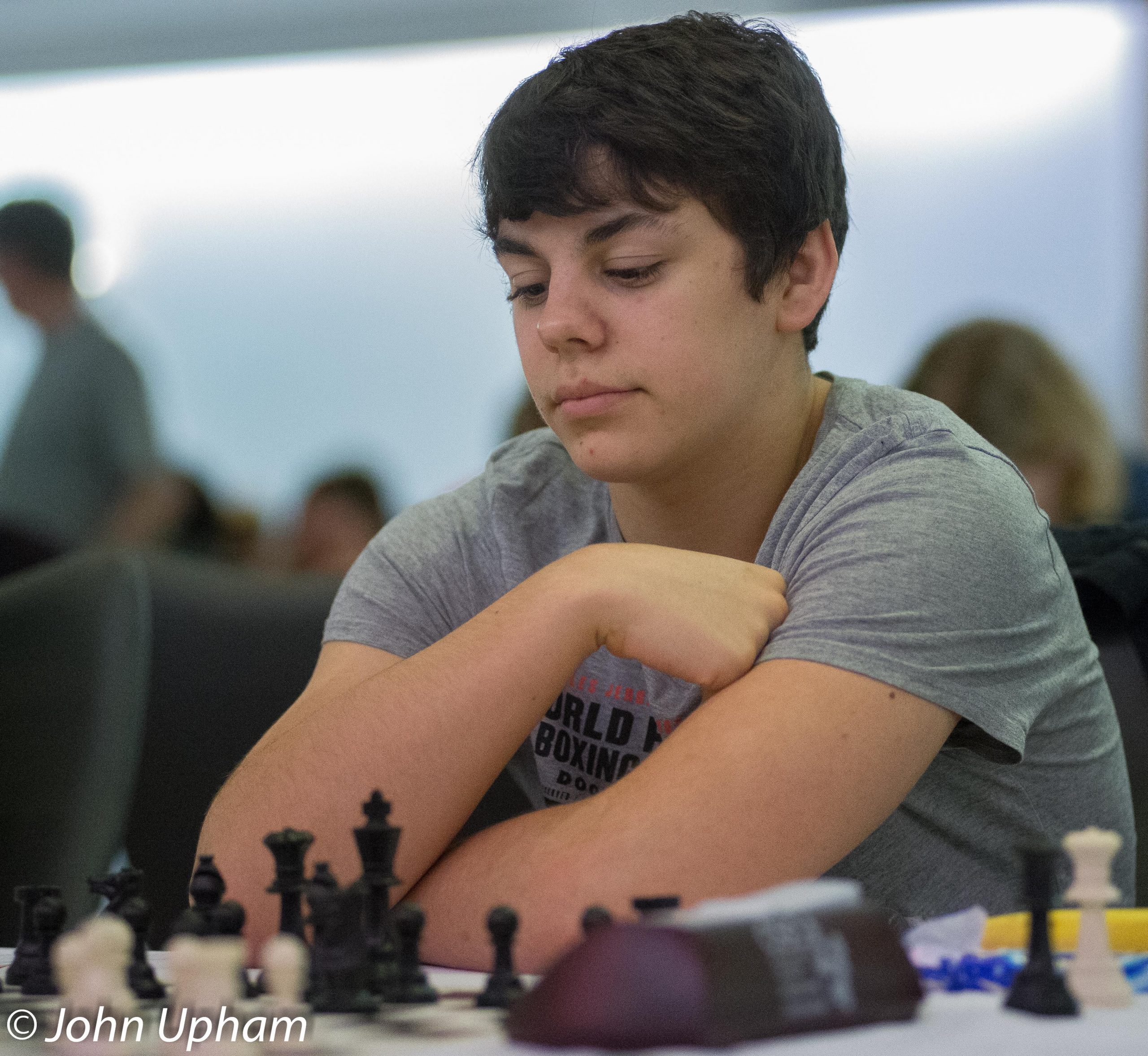
Happy Birthday IM Paul Littlewood (18-i-1956)
BCN wishes Happy Birthday to Paul Littlewood
Paul Edwin Littlewood was born on Wednesday, January 18th, 1956 in Skegness, East Lindsey, Lincolnshire. His parents were John and Jean Littlewood (née) Hadwick. Paul’s chess playing uncle was Norman Littlewood.
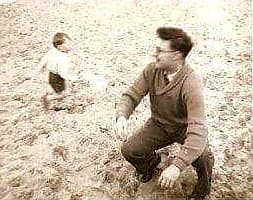
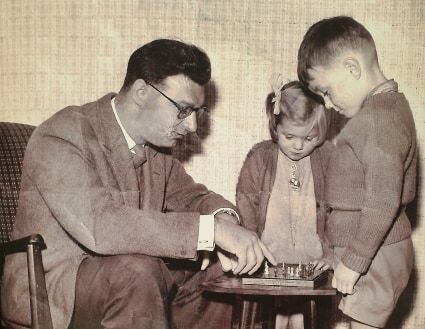
Paul attended Glenburn Comprehensive School in Skelmersdale from 1967 and then read Natural Sciences at Christ’s College, Cambridge from 1974.
Paul played badminton for Lancashire and Cambridge and, in 1971, won the English Schools Mixed Championship when he was 15 years old.
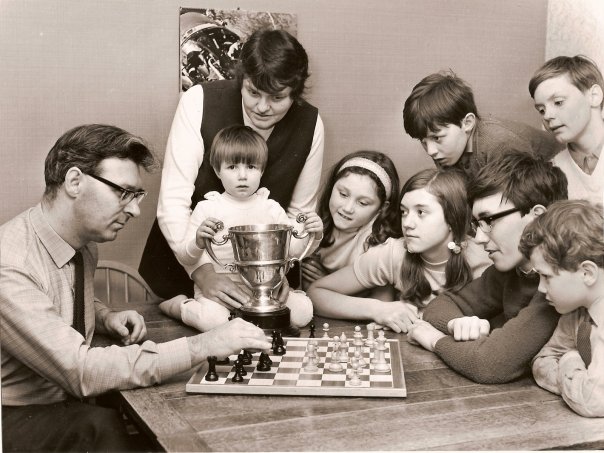
On leaving University Paul taught science at Southbrook Comprehensive, Daventry. Four years later Paul became a dealer at Phillips & Drew and followed this as an Executive Director at Goldman Sachs. Stays at Lehman Brothers and JP Morgan were followed by a change of direction and since then Paul has been director of various food supply companies retiring in 2014.
Paul is married (3rd November 2006) to (his second wife) Fiona and lives in St. Albans, Hertfordshire.
PEL won the ECF President’s Award in 2007 and from the 2008 ECF Yearbook we have the following citation :
“International Master and accomplished bridge player. From British Chess champion (1981) Paul has presided over the 4NCL as chairman during its most successful period. When he became chairman over ten years ago the league consisted of two divisions and 32 teams. The league has now expanded to four divisions and a total of 72 teams. Most of England’s juniors play 4NCL. During this time 4NCL became one of the strongest leagues in Europe, at one time boasting a Division 1 rivalling the Bundesliga in strength in the top matches.
Paul has demonstrated the sound judgement of Solomon when dealing with league disputes and has drawn on his business acumen, honed during a successful career in the City with Goldman Sachs to make 4NCL the financially stable and expanding league it is today.”
Roll of Honour
- British U18 Champion 1972
- British U21 Champion 1975
- British Champion 1981
- As a junior represented England in Glorney Cup
- International Master 1980
From British Chess (Pergamon Press, 1983) by Botterill, Levy. Rice and Richardson we have this article from Richard W. O’Brien :
“Paul Littlewood was destined to become a strong player from birth. His father John was for some time one of the strongest players in the country and represented England on many occasions. His uncle Norman was for a few years not far behind. Paul, however, has surpassed them both and has become the first in the family to reach IM status. (Ed: JEL was very much worthy of the IM title but insufficient events of the right type held him back).
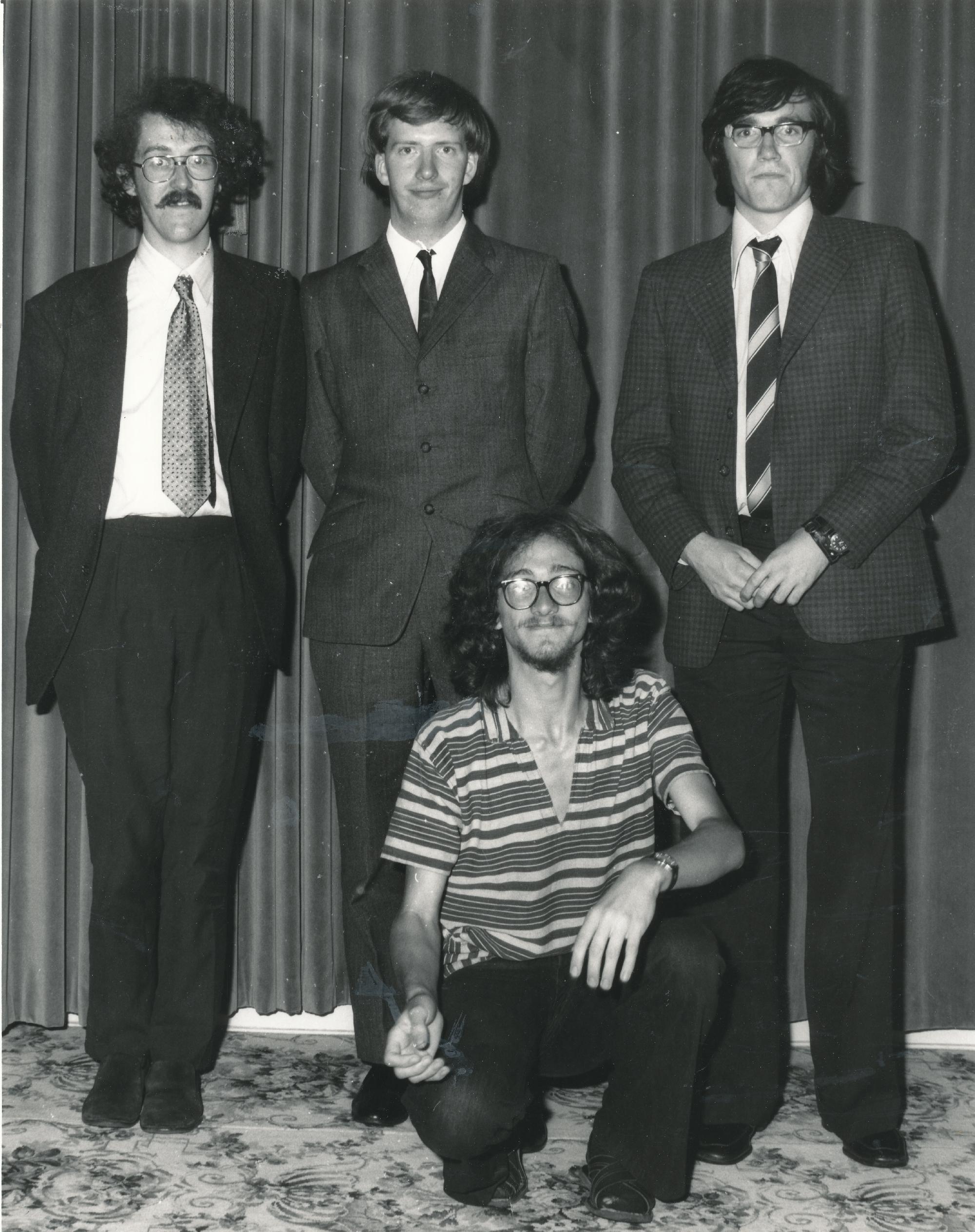
All three are essentially attacking players. There have been times in recent years when play at the Hastings Premier has become dull. However, Paul one of the English representatives at the last three tournaments, was certainly not to blame. (His game against Brito of Brazil which follows is a striking example of this).”
Coached by his father, Paul became British U18 champion in 1972 and three years later became British U21 champion.
Clearly more interested in an academic career he went up to Cambridge and then followed his father into the teaching profession. Opportunities to play in strong tournaments were thus very limited. These opportunities, however, were grasped in both hands. Three times in thirteen months between August 1978 and August 1979 he obtained an IM norm and thus the title.
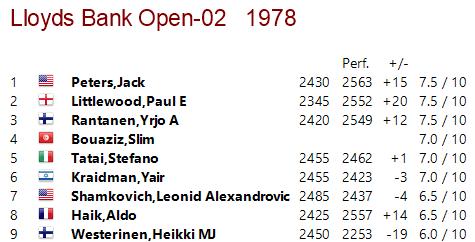
The first caused a sensation as it was totally unexpected. He shared first place at Lloyds Bank ahead of several grandmasters including Shamkovich, who was the first grandmaster he ever defeated.
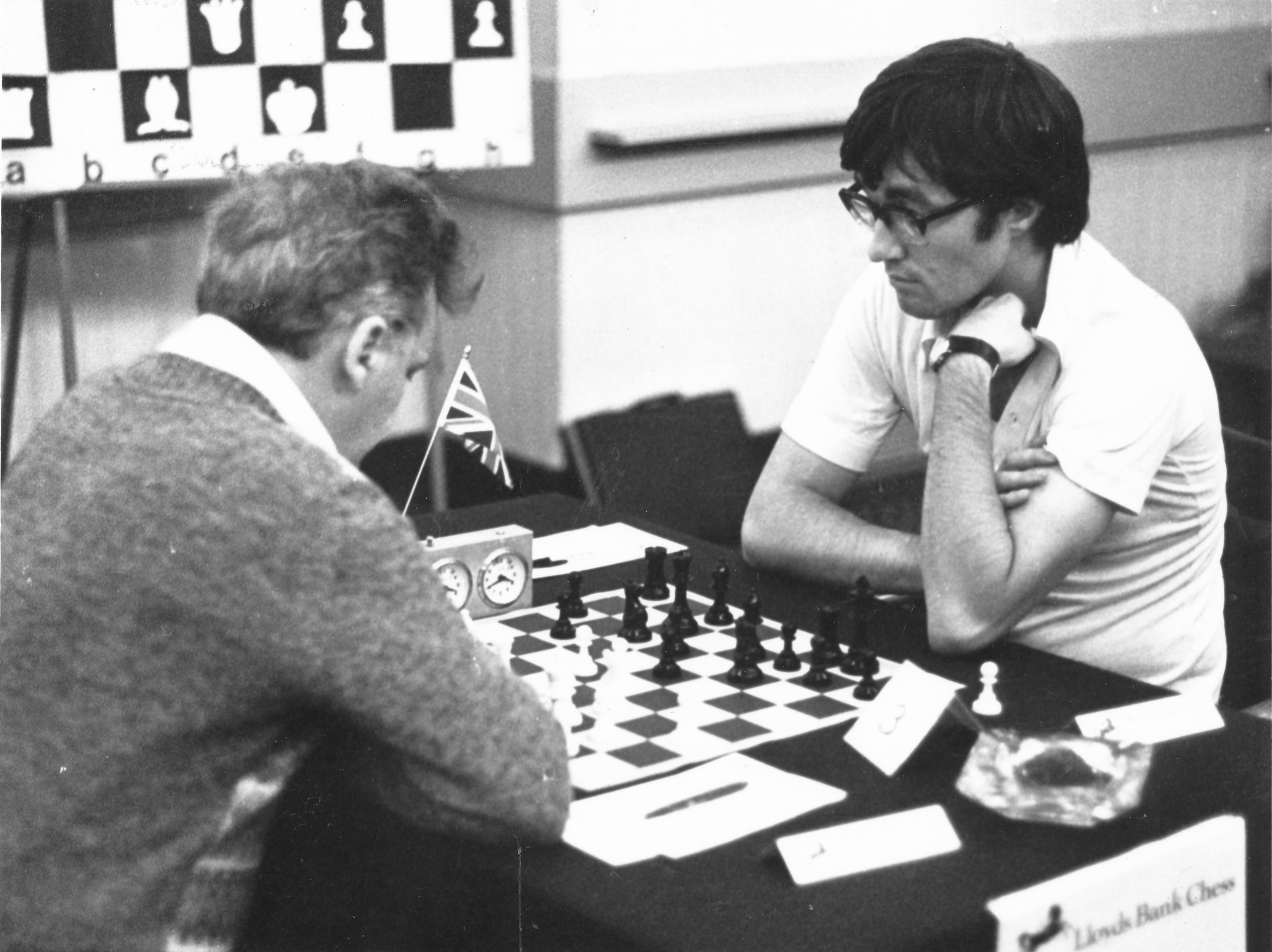
Eight months later Aaronson Masters was won and then came the final norm, also at Lloyds Bank.
Tournaments abroad were limited although he represented England students. He did play at Kringsja (2nd equal) in 1978 and Borovo where he scored 6.5.13 finishing ahead of 3 GMs.
In 1981 came his finest achievement – winning the British Championship with a massive 9/11.
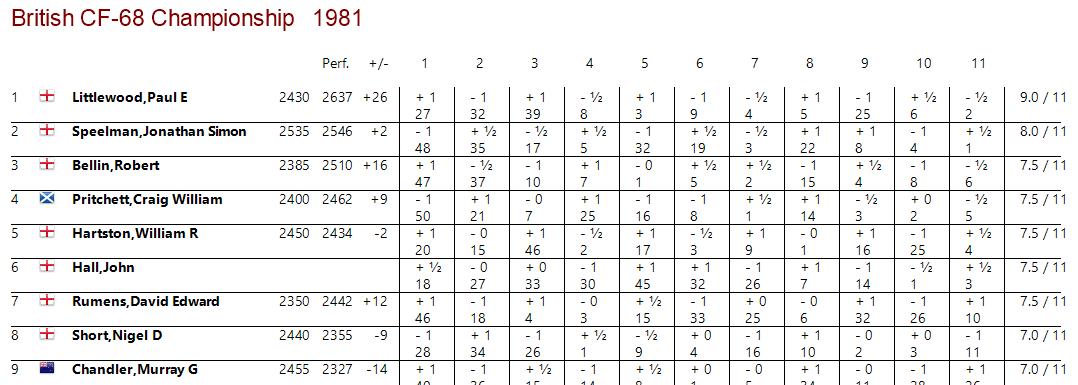
His father who was also competing in the championship was as proud as could be and deservedly so (he also coached Sheila Jackson who retained her British Ladies Championship that year). His excellent all round play took him to the title and only once during the tournament did he stand worse. His endgame play was so good that CHESS even published an article solely on these endings.
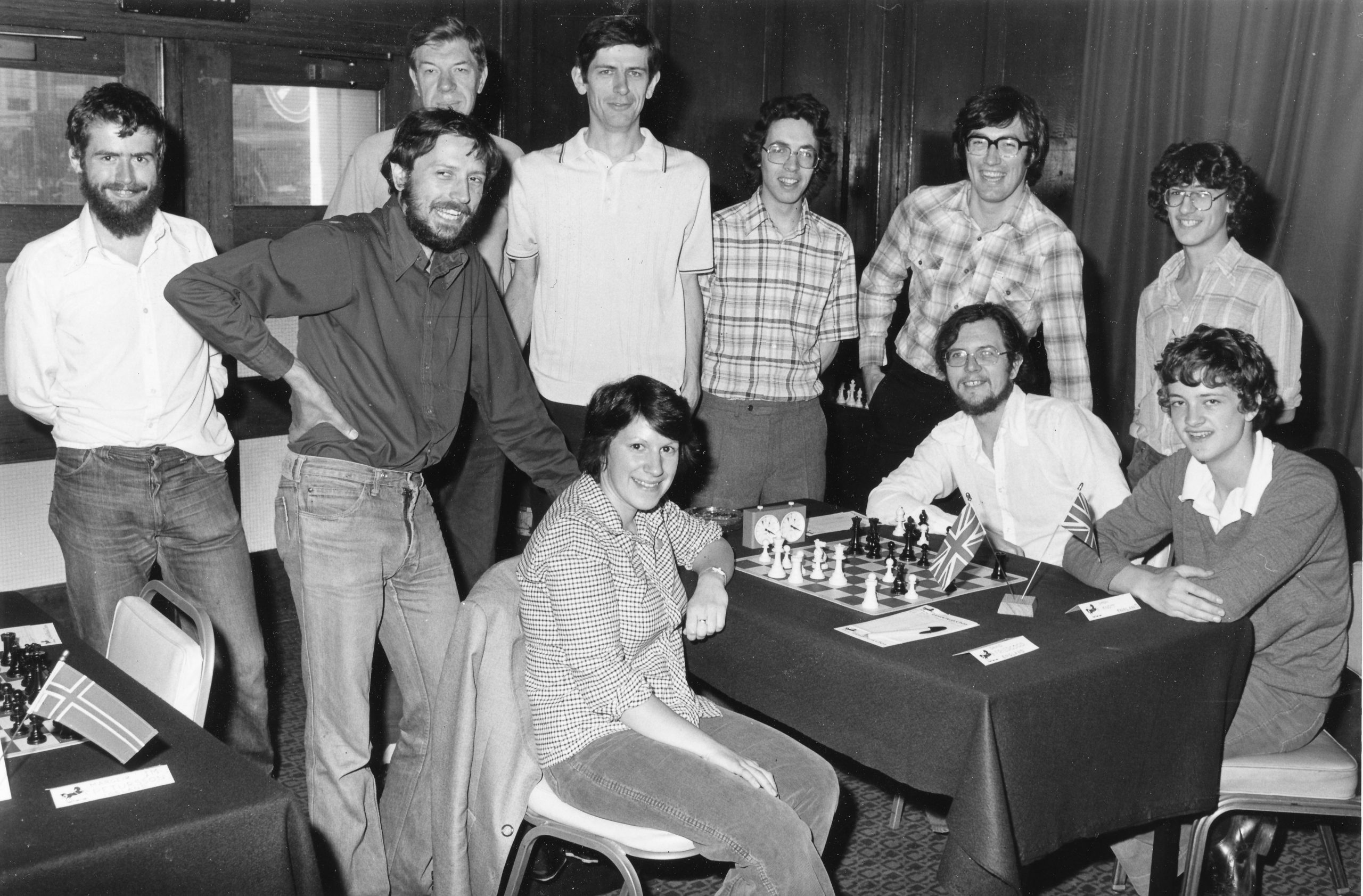
Duties at school in Daventry meant he was, in February 1982, unable to take part in the zonal at Marbella. This followed an excellent Hastings when as British Champion he made a plus score – a rare event indeed.
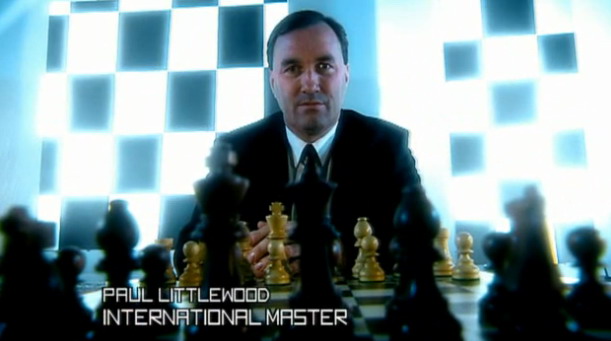
In the summer he gave up teaching and joined Phillips & Drew (stockbrokers). He now (ed : this was in 1983) lives with his (first) wife Sue and family in the wilds of Essex (Billericay).
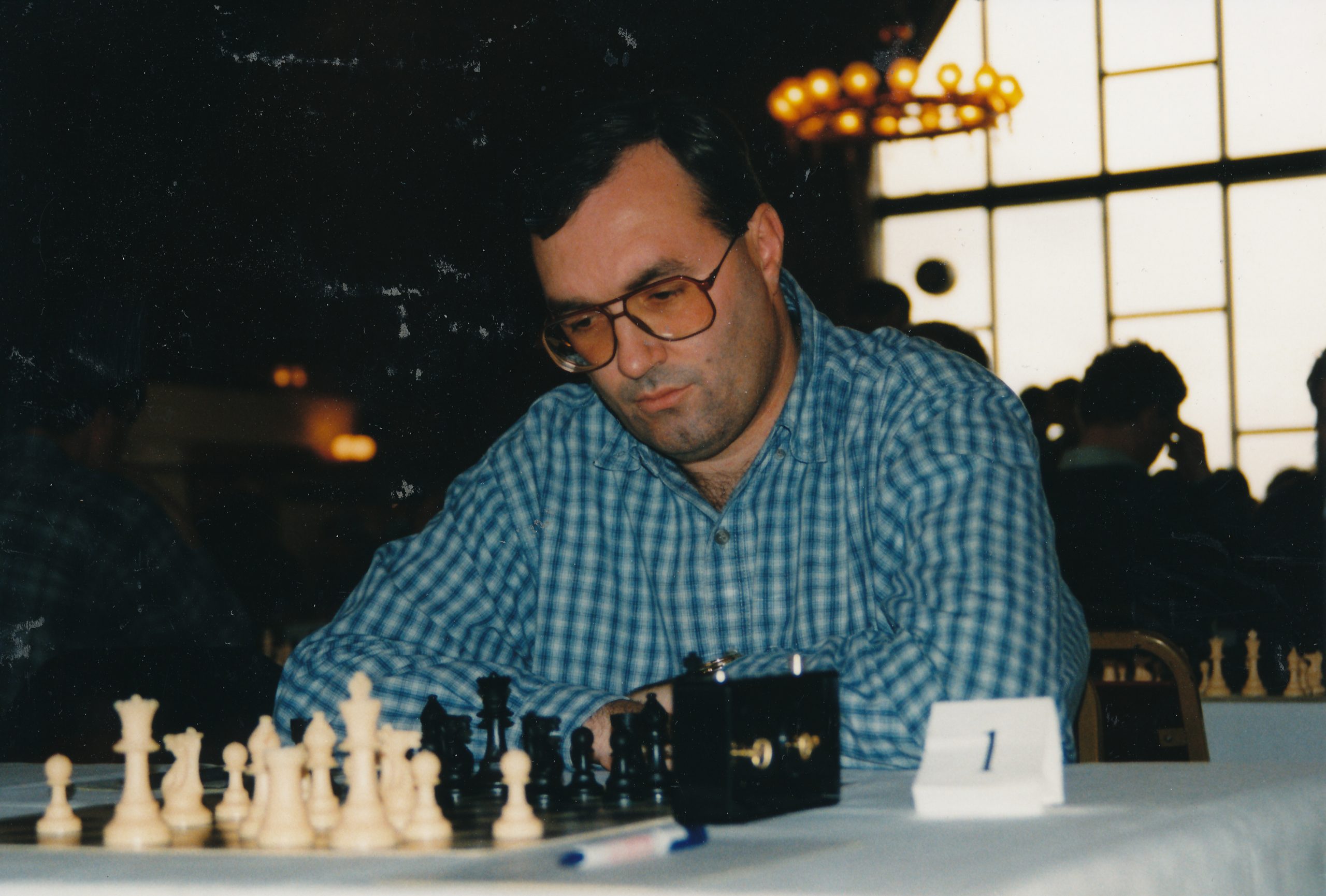
Paul gives a simultaneous display in Letchworth.
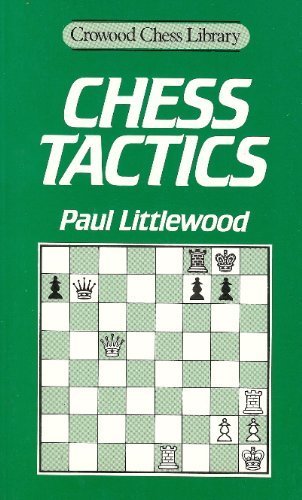
Happy Birthday FM Charlie Storey (18-i-1971)
Remembering Samuel Boden (04-v-1826 13-i-1882)
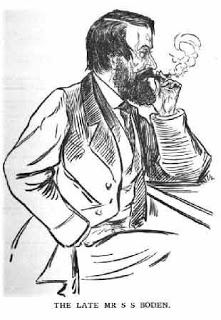
We remember Samuel Boden, who passed away on this day, Friday, January 13th in 1882 at 3 Tavistock Street, Bedford Square, Middlesex.
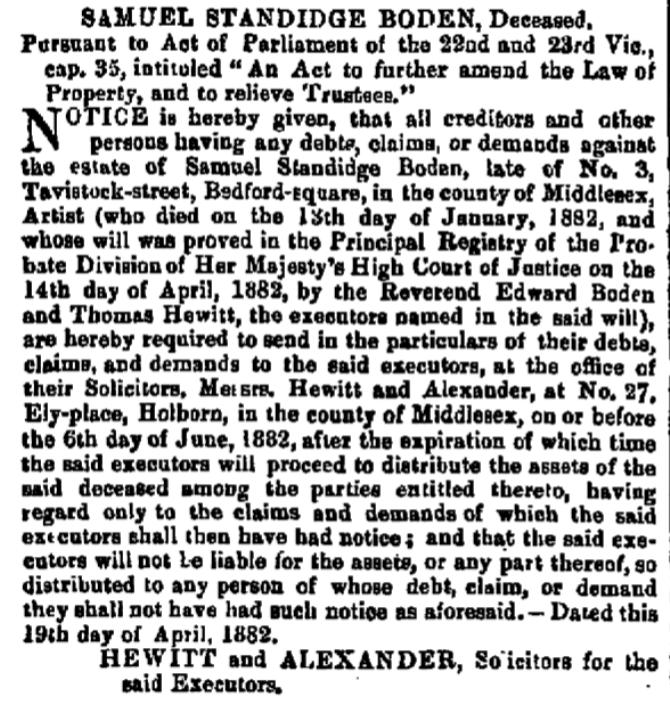
Samuel Standidge Boden was born on Thursday, May 4th, 1826 in East Retford, Nottinghamshire. His parents were James (b. 1795/96) and Mary Frances Boden (b. 1800/01).
(Several secondary and tertiary sources give the birth month as April. It would appear that a transcription error was responsible.)
James was an Independent Congregational Minister who worked in West Retford and was responsible for recording parish birth and baptismal (and probably marriage) records including those of his own children.
Samuel was baptised by his father (for the first time!) on July 27th at Chapel Gate (independent) Church.

Samuel had at least nine siblings and the details of these plus other family members (including multiple baptisms) may be found on Steve Mann’s Yorkshire Chess History.
From The Encyclopaedia of Chess by Anne Sunnucks :
“Boden was considered by Paul Morphy to be the strongest player in England in 1858. However, he is generally considered to have ranked below Staunton and to have been either the second of third strongest player, the other player being Buckle.
Born in Hull on 4th April 1826, Boden first came to the notice of British chess players when he won a provincial tournament in 1851. In 1858 he played two matches against John Owen , winning both, the first by +5 -3 =1 and the second by +5 -1. He played in very few major tournaments and his strength ws judged mainly from friendly games and small tournaments. He was the author of A Popular Introduction to Chess and conducted the chess column in The Field for 13 years.
He died of typhoid fever on 13th January 1882 and is buried in Woking, Surrey.”
According to Steve Mann :
“He was buried on 17/01/1882 at Brookwood Cemetery, Brookwood, Surrey. This cemetery was also known as the London Necropolis, having been specially instituted to take London’s dead at a time when space within London was becoming scarce. A transcription of the Surrey Burial Registers gave his name as “Samuel Standage Boden” and his age to be 55. The burial date, the deceased’s age, and the nature of the cemetery, together make it clear this was the chess-player, even though they misspelt his middle name.”
From The Oxford Companion to Chess by David Hooper & Ken Whyld :
English player active in the 1850s. In 1851 he wrote A Popular Introduction to the Study and Practice of Chess, an excellent guide introducing the Boden-Kieseritzky Gambit which at once became popular. In the same year he won the ‘provincial tournament” run concurrently with the London international tournament. At Manchester 1857, a knock-out event, he came second to Lowenthal— he drew one game of the final match and then withdrew. In 1858 Boden defeated Owen in a match ( + 7=2-3) and he played many friendly games with Morphy, who declared him to be the strongest English player; since Staunton and Buckle had retired this judgement was probably right. Also in 1858 he restarted the chess column in The Field , handing over to de Vere in 1872. The column has continued uninterruptedly ever since. Besides chess and his work as a railway company employee Boden found time to become a competent amateur painter and an art critic.
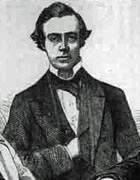
From The Encyclopaedia of Chess by Harry Golombek OBE :
British master, considered by Morphy to have been the strongest opponent whom he played while in England (Boden’s record against Morphy in casual games was +1-6=4). Tournament results include 2nd Manchester 1857 and 2nd Bristol 1861. Chess editor of The Field 1858-1873. His name is linked with the Boden-Kieseritsky Gambit : 1.e4 e5 2.Bc4 Nf6 3.Nf3 Nxe4 4. Nc3 Nxc3 5.dxc3 f6 (article authored by Ray Keene).
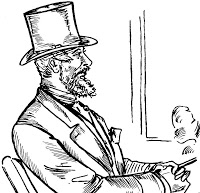
Boden’s name is associated with a variation of the Philidor Defence:
and a line of the Ruy Lopez:
Most players will be familiar with this mating pattern that is Boden’s Mate using two bishops in a cross pattern.
Here is an example puzzle from 1001 Chess Exercises for Club Players that demonstrates the pattern :
White to play and checkmate.
Here is an in-depth article about Boden’s Mate from Edward Winter
Remembering William Ritson Morry (05-ix-1910 08-i-1994)
We remember William Ritson Morry who passed away thirty years today on Saturday, January 8th, 1994.
(A point of detail : It is incorrect, but many do, to write WRM hyphenated. His first name was William, his middle name was Ritson and his surname was Morry. He chose to use his middle name and was known by his friends as Ritson. Maybe this was because he father was also William Morry?)
WRM was born in the Wirral on Monday, September 5th 1910 and his father was William Doughty Morry (born 16th July 1877). William was a sub-postmaster and seller of fancy goods. His mother was Norah Morry (née Holloway) who undertook “unpaid domestic duties”.
Ritson attended Friars School, Bangor (established in 1557) along with BH Wood. BHW was one year and three months older than WRM so it is entirely possible that they had met.
In the 1939 register he is recorded as being a solicitor with his own practice and was living at 294 Walmley Road, Royal Sutton Coldfield, Warwickshire with his parents : he was 29 years old.
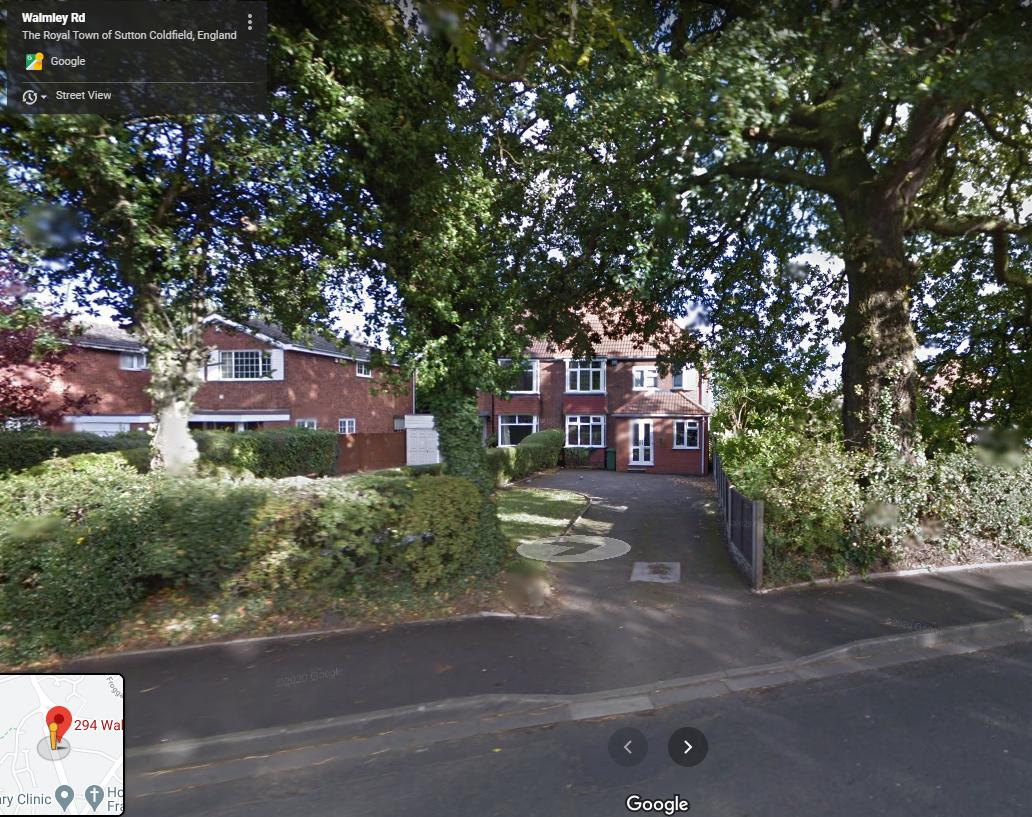
In 1940 WRM married Nellie Cooper in Sutton Coldfield.
In 1943 WRM was mentioned in the London Gazette several times:
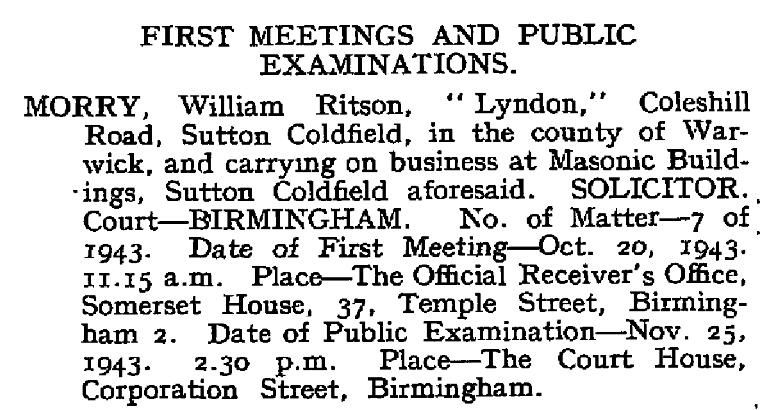
It would appear that this was the start of his first bankruptcy proceedings..
WRM was, by now, living at “Lyndon”, Coleshill Road, Sutton Coldfield, Warwickshire :
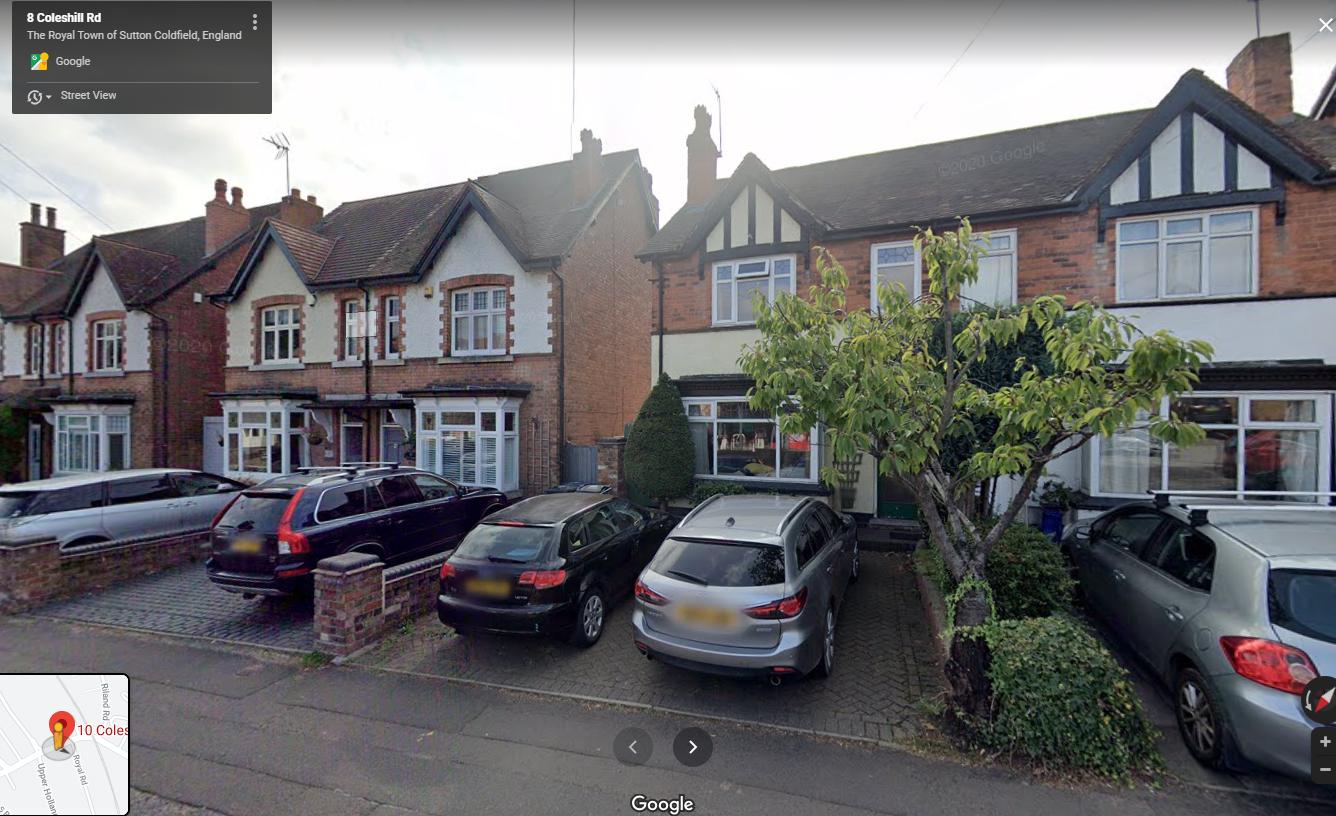
and in the same year on September 30th he was officially made bankrupt as recorded in the London Gazette, order number 195. This notice was repeated in the Edinburgh Gazette of the same year.
On the 8th of June 1944 he was recorded as being struck-off the list of solicitors under the Solicitors Acts of 1932 to 1941. It was determined that WRM had engaged in “fraudulent conversion of clients money”
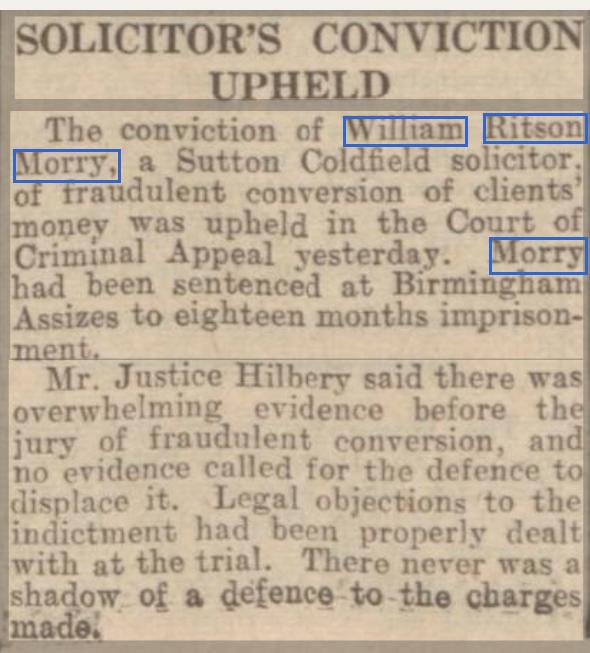
For more on this see the excellent Chess in the Courts by Edward Winter.
Here is an image of the organisers of the 1953 Whitsun Congress at Ilford including WRM:
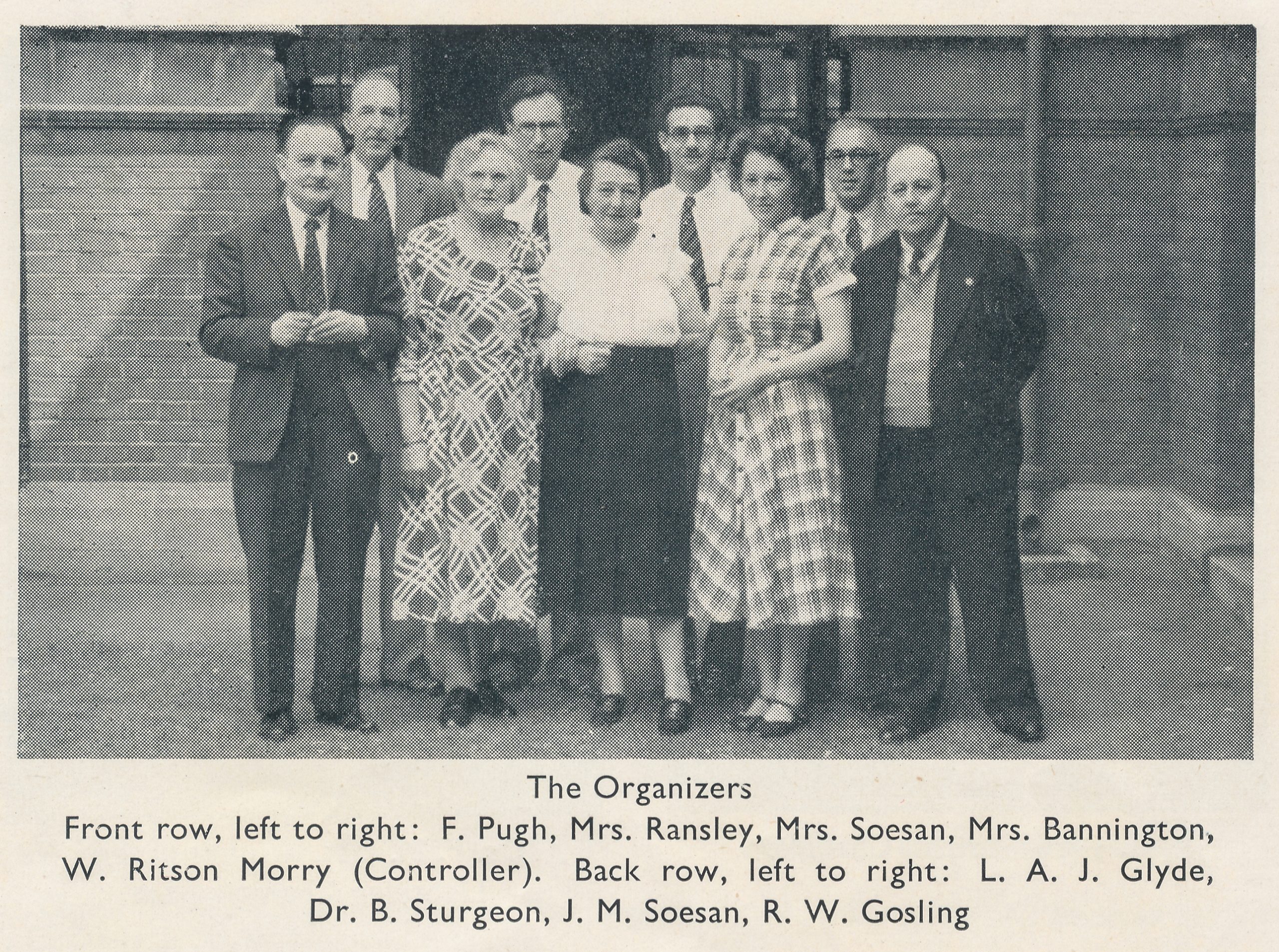
In 1954 WRM sued BH Wood for libel over a letter BHW sent to Henry Golding of the Monmouthshire County Chess Association warning him of WRMs financial history. Here is a summary of the action :
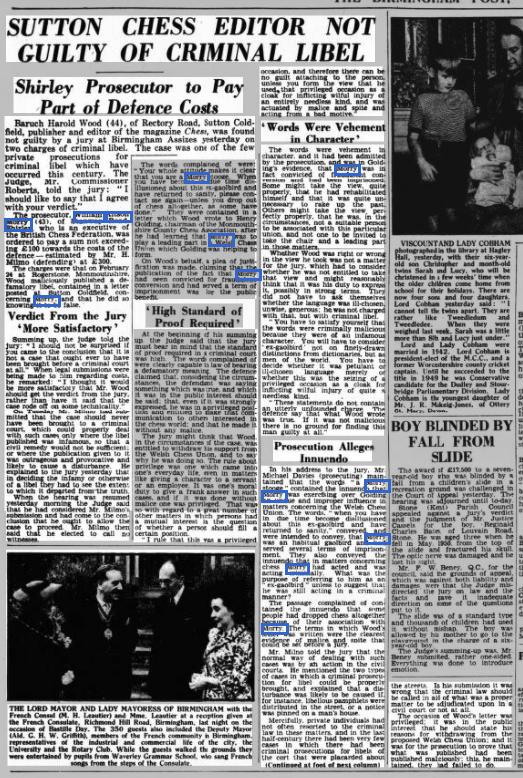
In 1983 WRM was living at Flat 2, 53, Mayfield Road, Moseley, Birmingham, West Midlands and recorded as a Retired Chess Journalist. Elsewhere he was recorded as a freelance chess and cricket journalist.
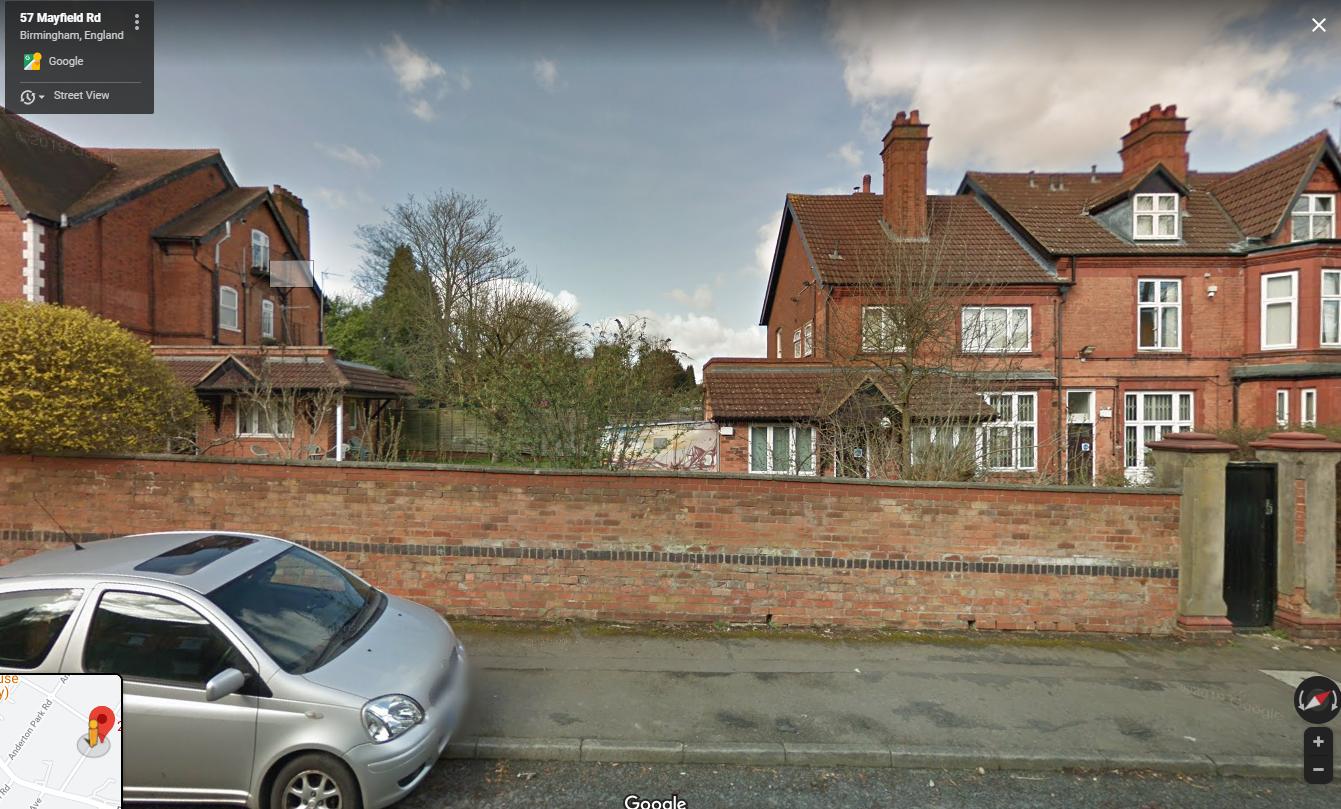
and, unfortunately, in this year he made another appearance in the London Gazette (2nd September 1983) having been made bankrupt.
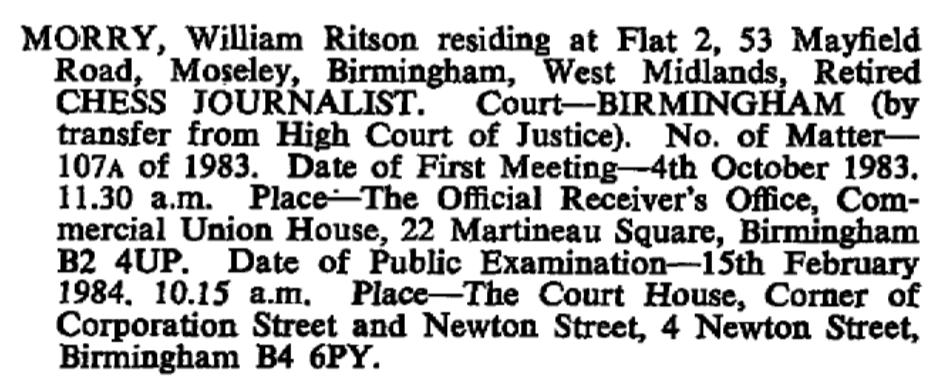
However, despite these unfortunate life events WRMs contribution to chess goes above and beyond them as he won the BCF President’s Award in 1984.
From British Chess Magazine, Volume CXIV (114, 1994), Number 2 (February), pp. 98 – 99 we have this obituary from Bernard Cafferty:
W Ritson Morry – a Tribute
That great chess character, known to everybody simply as Ritson, has left us in the fullness of years, coincidentally during the first Hastings Congress he missed for decades.
William Ritson Morry (5 ix 1910-8 i 1994) was a player, organiser, writer, arbiter and occasional sponsor of tournaments whose life touched so many aspects of chess that it is hard to know where to begin.
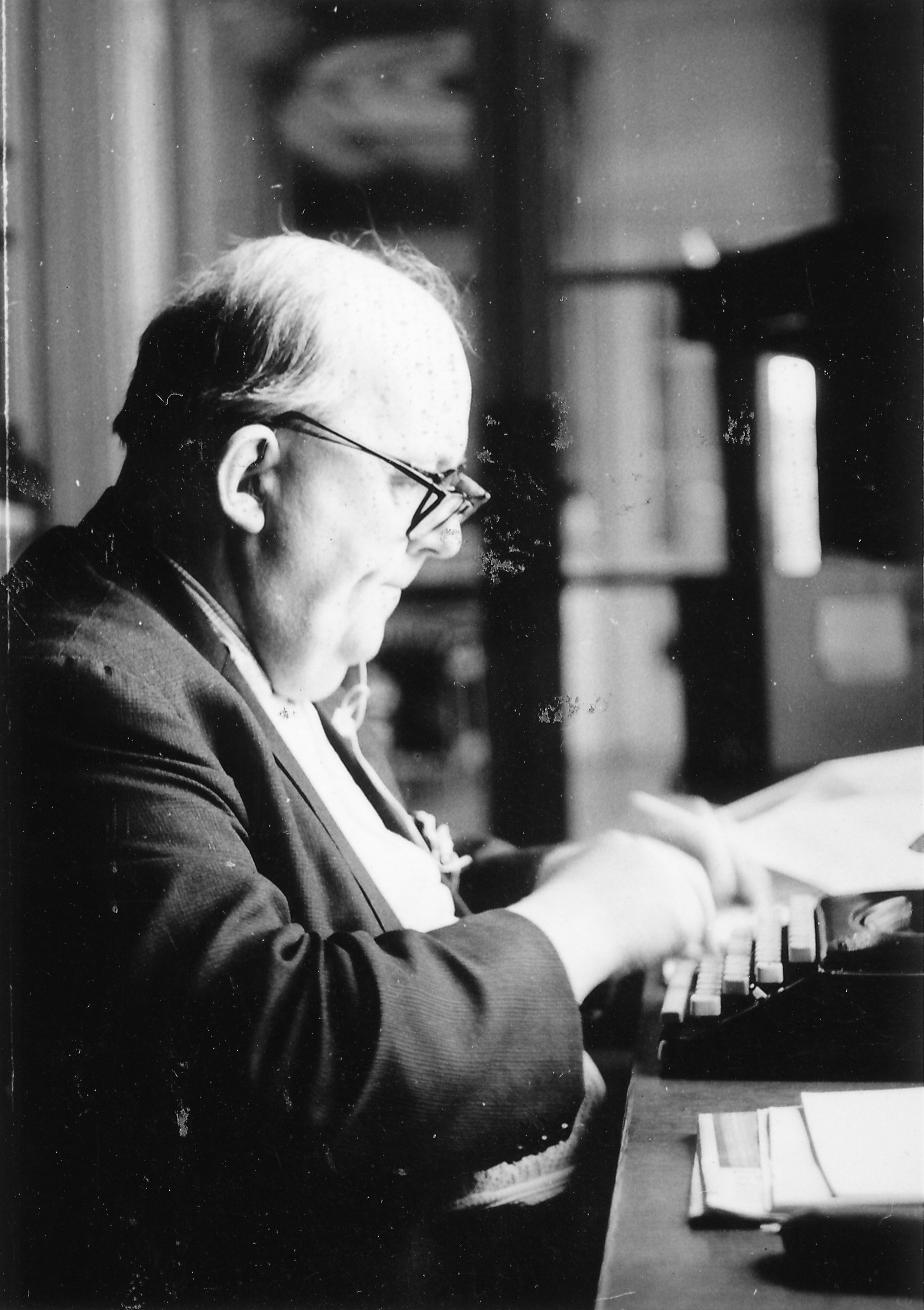
Ritson was educated in North Wales at the same school as BH Wood. Both were at Birmingham University at the same time, after which Ritson trained as a solicitor. As early as 1930 he founded the Birmingham Junior League, and a little later wrote a chess column for a time for a local newspaper, though Ritson is hardly the first person you think of as someone who would hit deadlines consistently. He was equal second in a rather unrepresentative British Championship of 1936 and equal third in 1951. An unfortunate incident in the mid-1940s led to him being struck off, whereupon he became a chess professional, who eked out a precarious living for the last 48 years of his life. Yet, I never heard him complain, for he was able to immerse himself in chess full time, and what could be better than that?
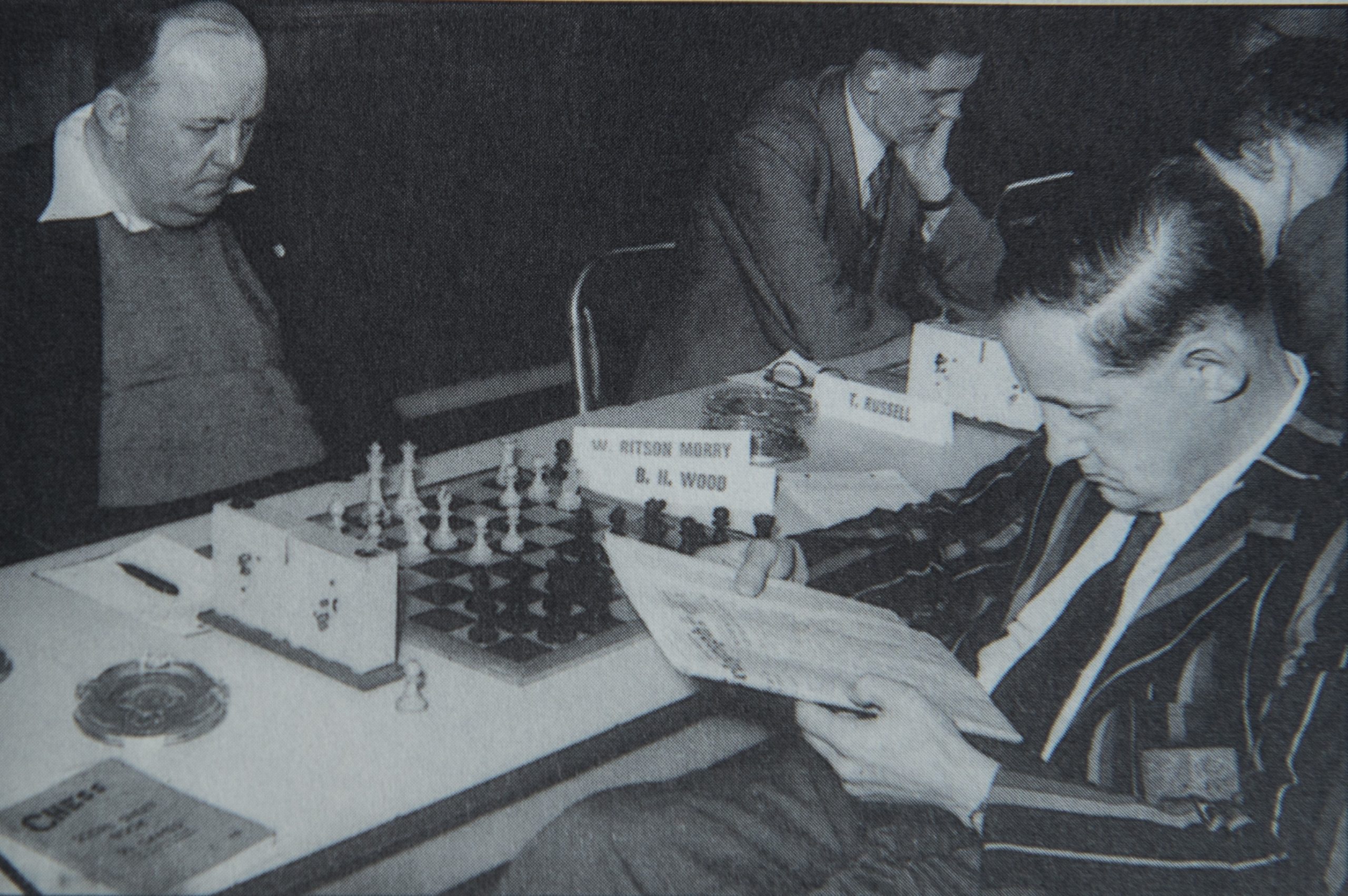
He ran a series of newsletters, which hardly covered their expenses and produced and British Championship and Hastings bulletins for many years. 1951 was a significant year in his life, for he gained the FIDE Arbiter title (he was always an expert on the rules and many of the conventions we all play to were codified by him, or under his guidance). Later on Ritson, a great raconteur, was the life and soul of the show in Hastings which, along with the Warwickshire chess team and Erdington CC, was the great love of his life.
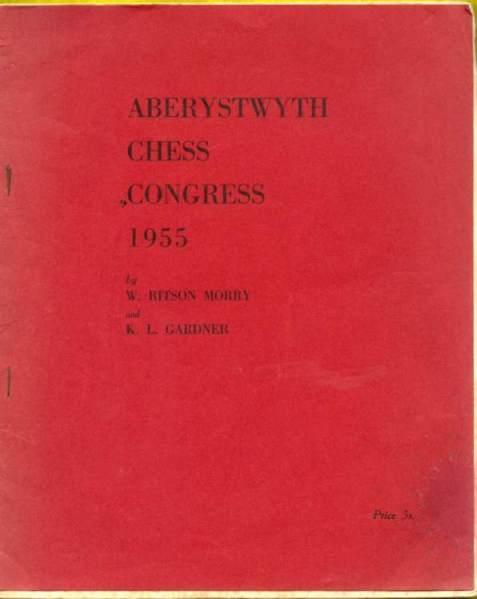
At times he seemed to run Hastings almost single-handed in the Frank Rhoden era. In fact GM Vasyukov went back to Moscow in 1966 and wrote that Ritson Morry was the only controller to be seen in the morning, afternoon and evening sessions of play. I recall that Ritson was amused when I told him of this, but did not demur. To show that there was life in the old dog, he organised a series of Birmingham international tournaments in the 1970s at which Tony Miles got much of his early experience.
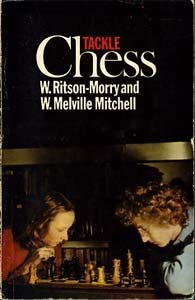
One such tournament was financed by him alone, on the basis of the sale of a piece of land in Sutton Coldfield where a change of planning status had led to a windfall profit.
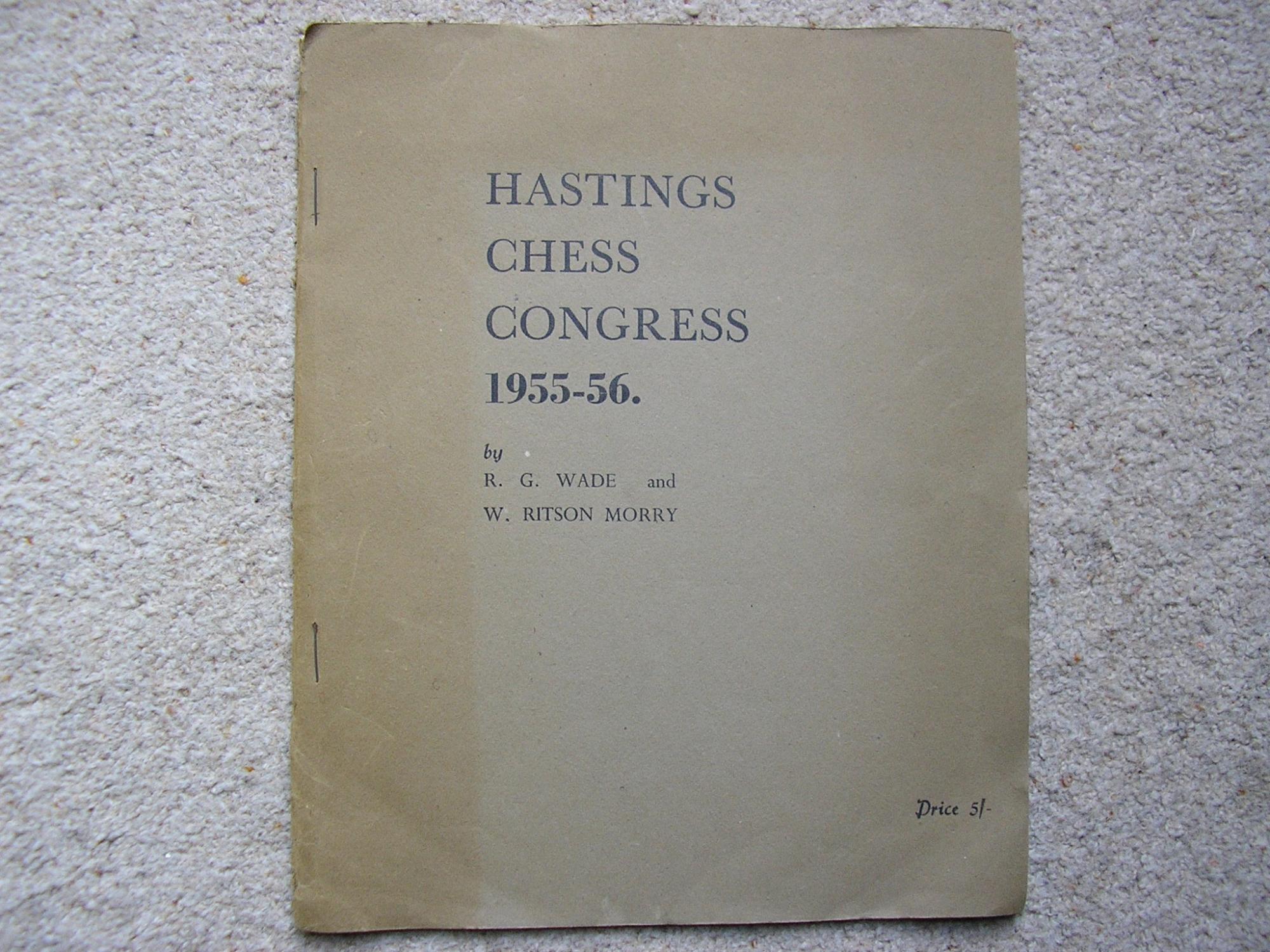
He also saved Hastings in late 1974,by giving a partial guarantee when another sponsor reduced his contribution. A few years later the Inland Revenue made him bankrupt when they could not get their piece of the action out of the deal. Doubtless Ritson thought that the money had gone to a worthier cause. I must not fail to mention his love of gambling or his erudition. Many is the time when you could have an exposition from him of the law of England, the practice of the courts and the police, or the political news of the day.
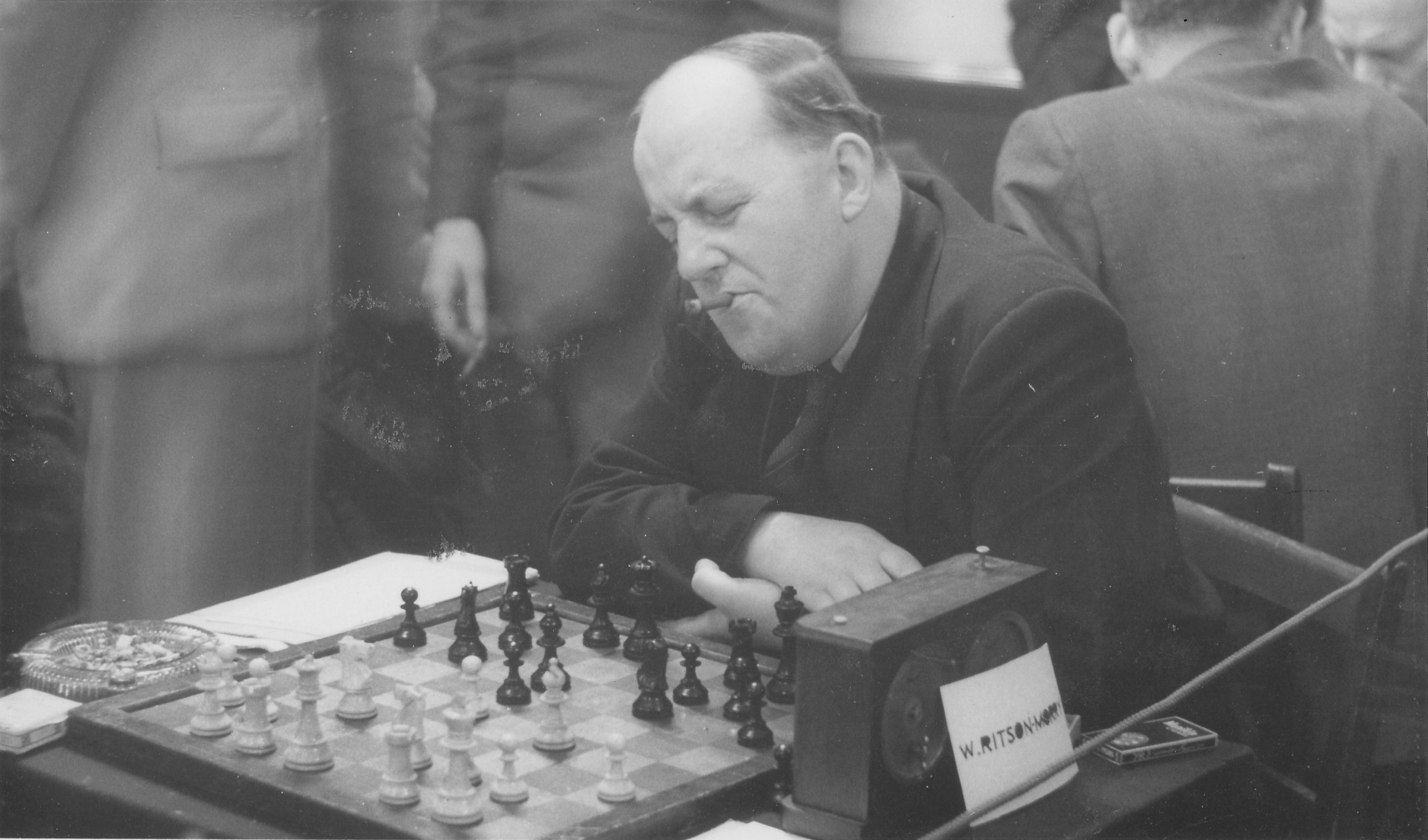
He was deeply immersed in local Labour Party politics in Birmingham and was a friend of football referee, ‘rainmaker’ Dennis Howell, one-time Minister for Sport. Ritson also played a great deal of postal chess, winning the British title in 1943. His book on the game written in conjunction with a Birmingham schoolmaster Mel Mitchell is a very instructive one, and he also wrote many reports and amusing articles for BCM, particularly one on of the failings of the Elo rating system regulations.
Here is a game Ritson won against the veteran German GM at the London Easter congress of 1940:
Bernard wrote about WRM a year later for the centenary edition of the programme for the Hastings International Congress :
“‘Ritson’ as we all knew him was an institution in British Chess, active as a player, writer, organiser, drafter of rules and well-known for his skill as a raconteur, Educated in North Wales, he spent the rest of his life, from university days onwards, in Birmingham, but the Hastings Congress was very close to his heart. He played in a number of pre-war events, and also a few post-war, but by the time of the Frank Rhoden revival of the mid-1950s he was firmly in the saddle organising the post-Christmas traditional event. In fact I recall how perturbed Frank Rhoden was when the news came that Ritson might emigrate to the West Indies. It was not clear then how he could be replaced, for he supervised the morning, afternoon and evening sessions at the Sun Lounge (his favourite venue) and later at the Falaise Hall when the congress was still of such a size that we could all, including the Premier, be fitted into one room.
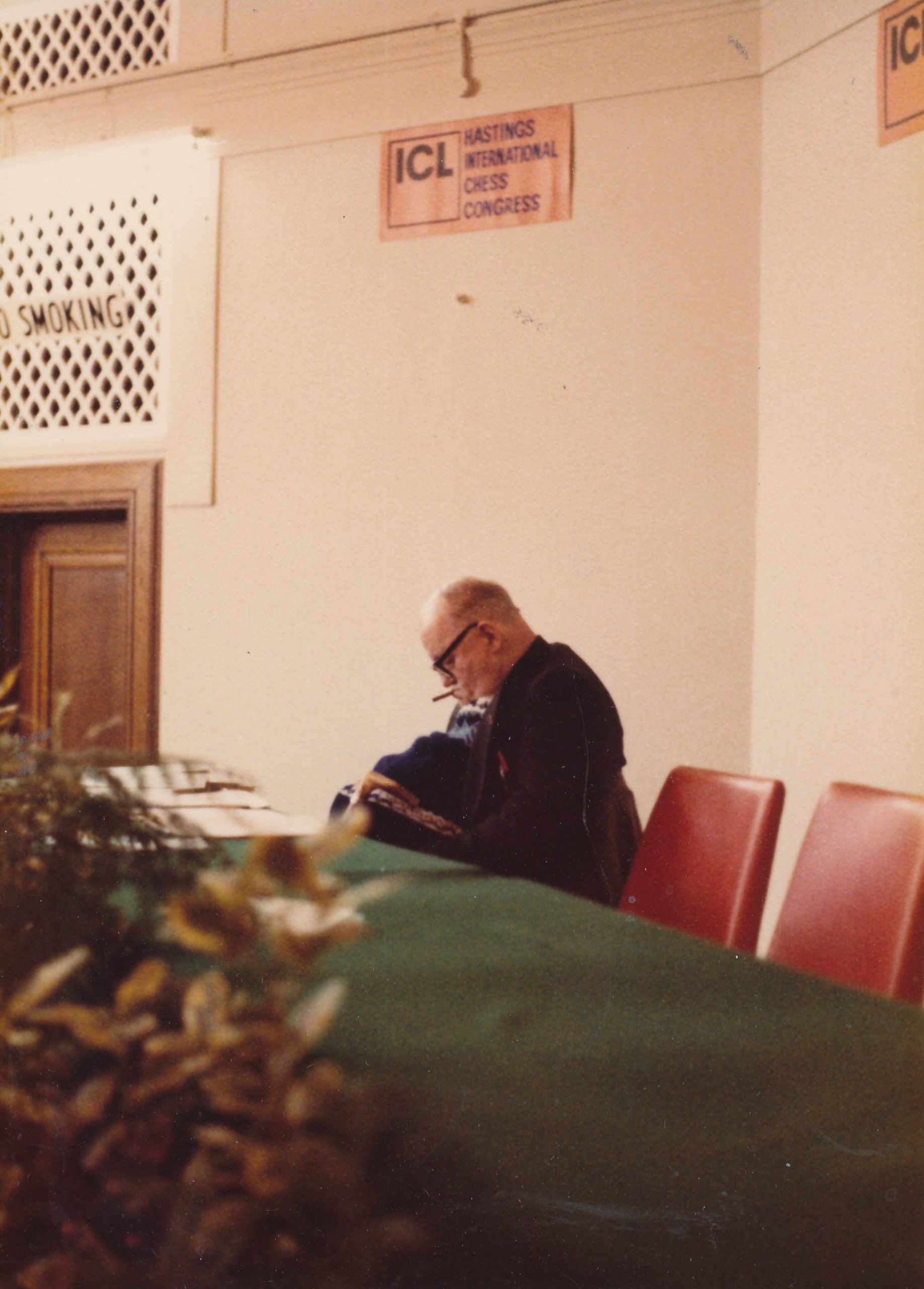
Ritson also did game commentaries for some years and produced a bulletin for at least three decades. He was greatly encouraging of younger talent and the objective historian has to recall the indignation he felt when players like Tony Miles and Nigel Short were not happy with the restraints imposed by financial stringency.
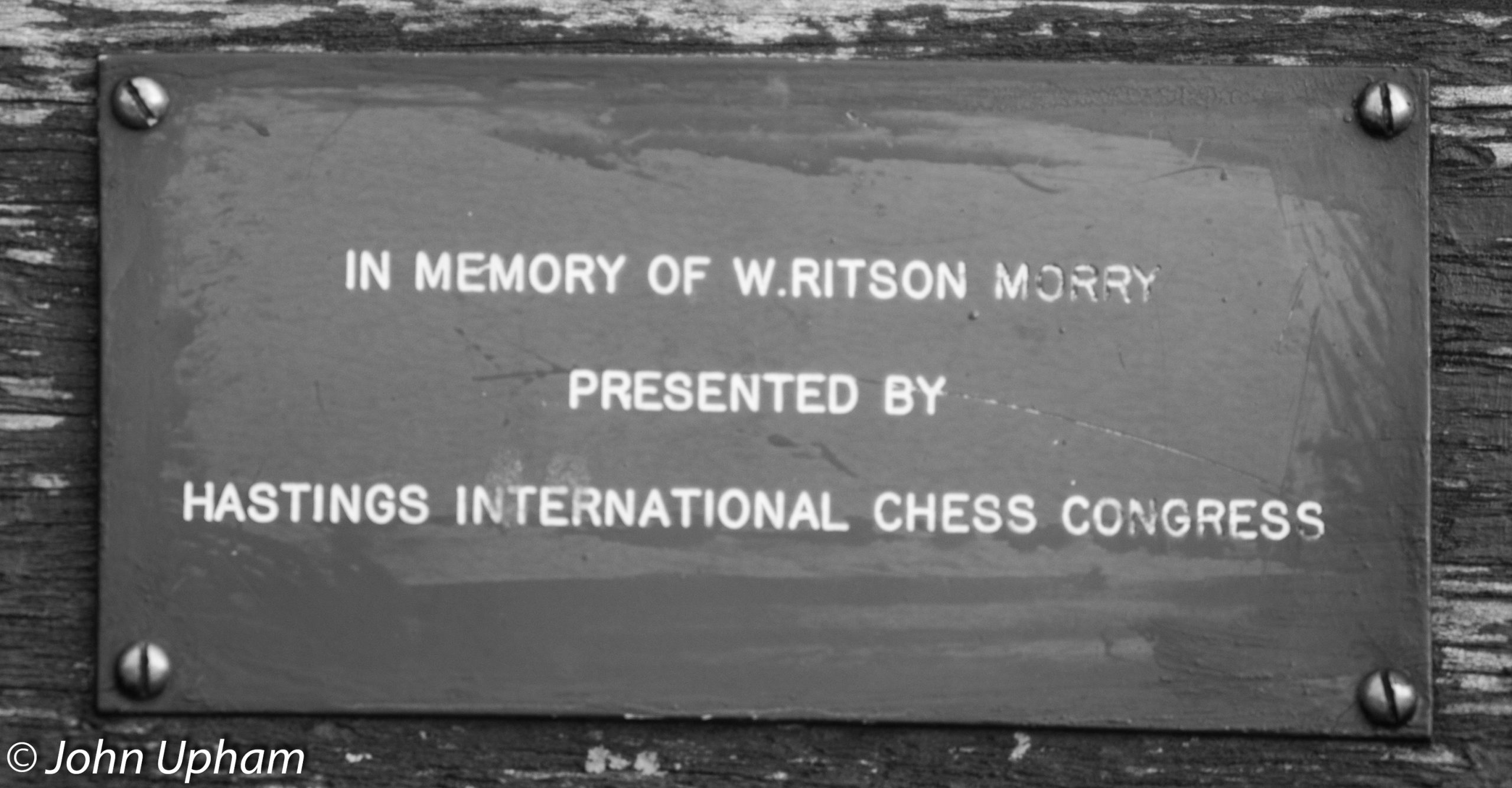
In his declining years Ritson was still a regular until his illness of late 1993, and a fixture at the “gate” where the public paid their entrance money at the Cinque Ports Hotel. The choice of word is deliberate as a visit to the dogs and the bookmaker was one of his rare pleasures outside chess. Best of all, however, one recalls him telling his fund of stories and reminisces to anyone who cared to listen. His voice, alas, has been stilled, and we are left to recall his selfless devotion to chess and, in particular, to the Hastings Congress.
Here is an obituary from the Midland Counties Chess Union
Here is an in-depth article from William Hartston in The Independent

Here is a biography from the Midland Counties Chess Union newsletter from 1994.
From The Encyclopaedia of Chess by Harry Golombek :
Midlands organiser and player who was a chess professional and journalist. As a player his best performances were an =2nd in the British Championship 1936 and an = 3rd in 1951.
In the international field his best results have been an =3rd with List in the Major Open A section of the Nottingham congress of 1936 and =1st with Milner-Barry in the Premier Reserves A at the Hastings congress 1946/7. He has played for England in international matches against the Netherlands (thrice) and against Czechoslovakia and Yugoslavia.

A keen and accomplished correspondence player, he had the title of British Postal Master on account of his winning the British Correspondence Championship in 1943.
But it is as tournament and congress organiser that he is best known. He founded the Birmingham Junior League in 1930 and has organised thirty-four Birmingham congresses. He conceived the idea of a junior world championship and in 1951 he held the first World Junior Championship tournament at Birmingham (won by Borislav Ivkov). In the same year he was awarded the title of FIDE judge. He has also had much to do with the organisation of the Hastings Christmas chess congresses in the 1970s.
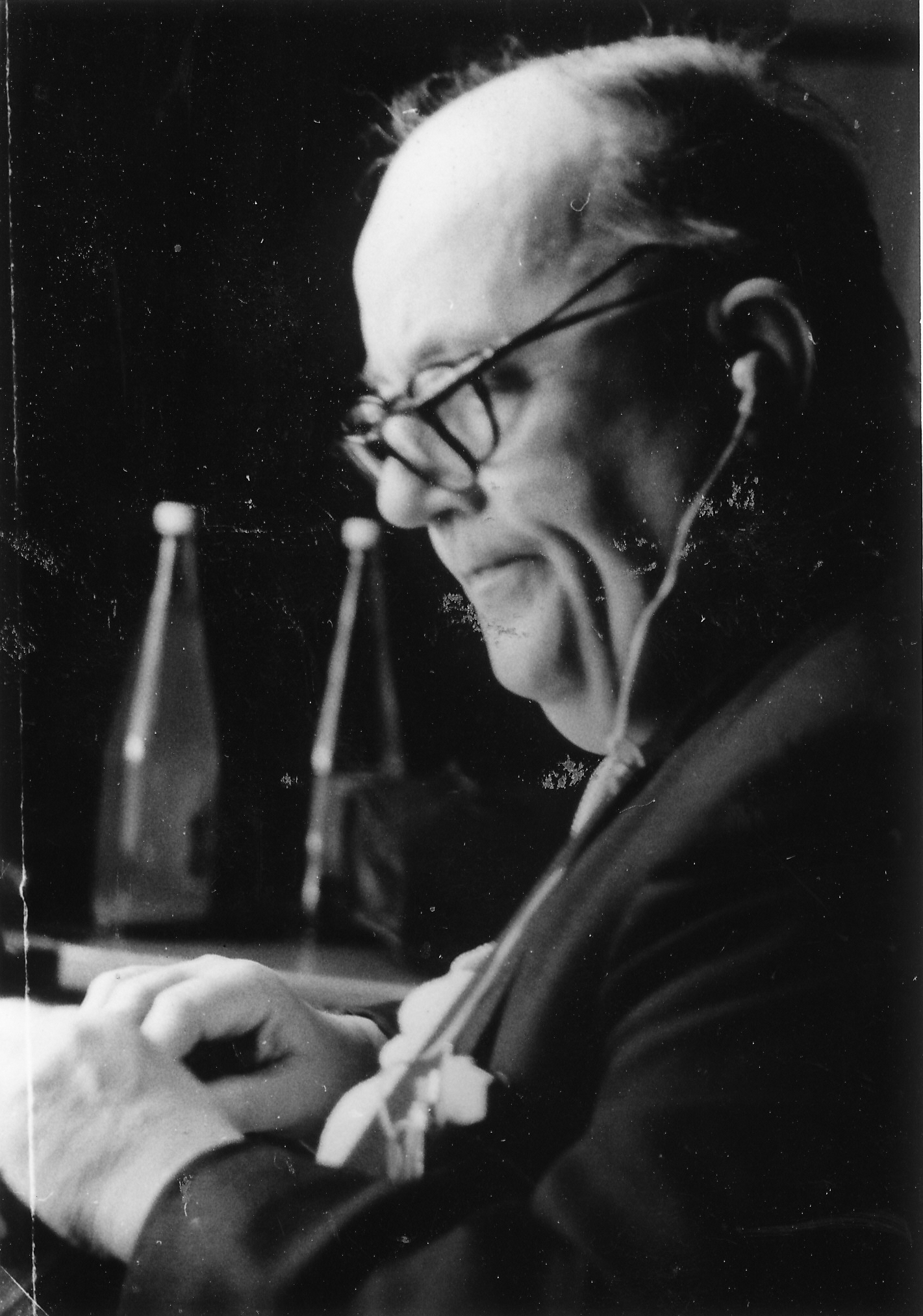
He has written much for British chess magazines and was the co-author along with the late W. R. Mitchell of Tackle Chess, London, 1967.
Happy Birthday IM George Botterill (08-I-1949)
We send birthday wishes to IM George Steven Botterill born on this day (January 8th) in 1949.
Here is his Wikipedia page
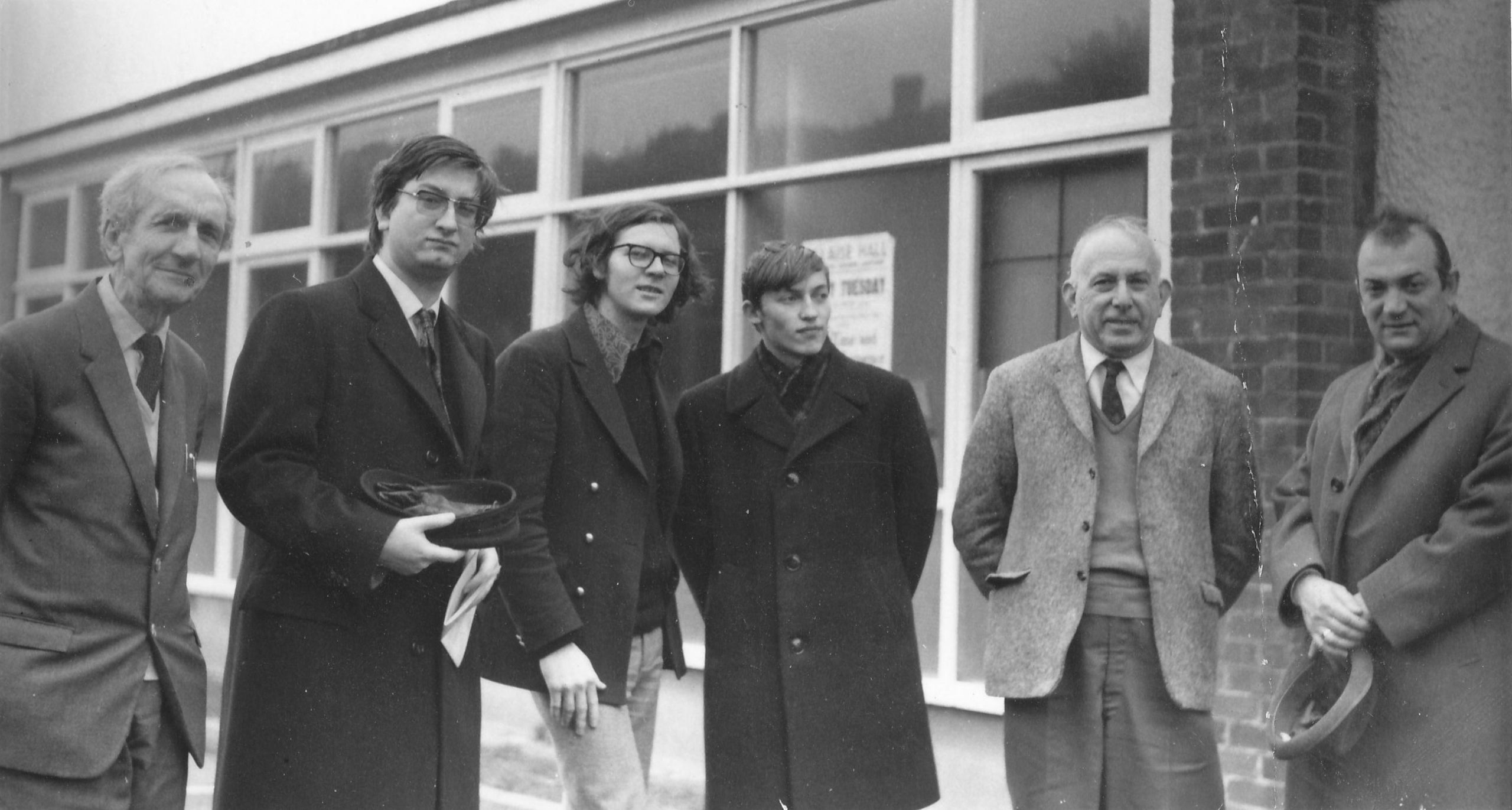
and here is his academic page
